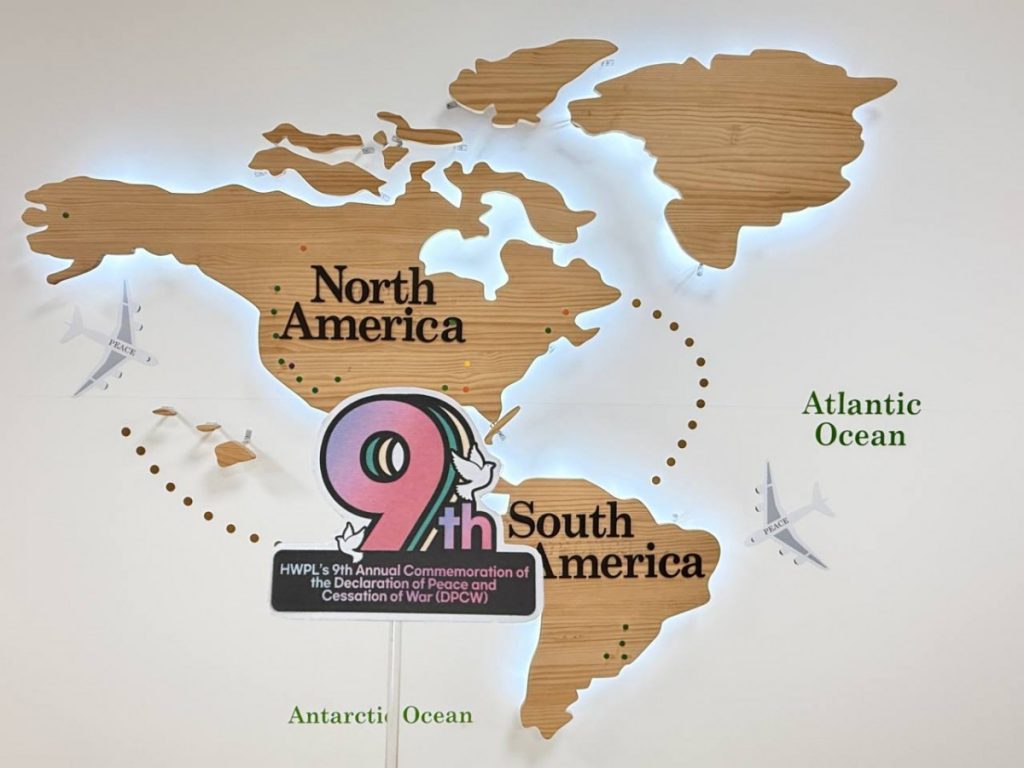
🌏 Key Takeaways
📌 Launch of the Preparatory Committee for Korean Reunification – A movement to ensure free movement & a legal foundation for peace!
📌 “Together: Connecting Korea” Campaign – Promoting harmony through culture, education & exchanges.
📌 Legal Framework for Peace – Experts drafted a Unification Constitution for a denuclearized, peaceful Korea.
📌 International Support & “Connect Korea Challenge” – Citizens worldwide rallying for peace & unity!
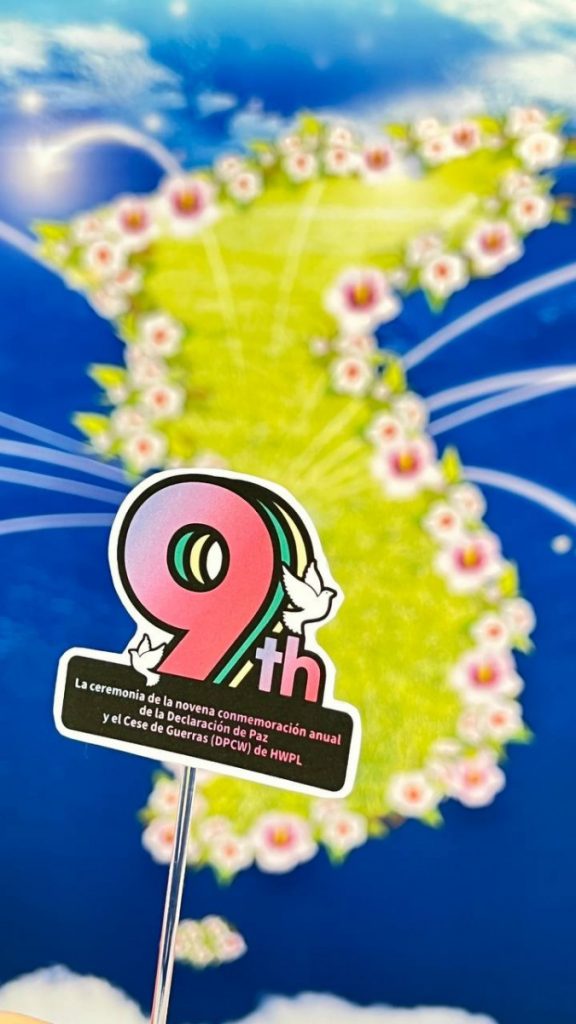
🕊️ Building Bridges for Korean Unification!
On March 14, the 9th Anniversary of the HWPL Global Declaration on the Peaceful End of War (DPCW) took place in South Korea. And guess what? Something HUGE was announced! 🎉 The Preparatory Committee for the Peaceful Reunification of the Korean Peninsula was officially launched! 🏛️
This initiative is all about ensuring free movement between North and South Korea while laying down a solid legal foundation for a peaceful reunification. The event, themed “Building Bridges for Korean Unification: Establishing a Legal and Practical Framework for Peace,” gathered around 1,000 global leaders and peace advocates to share their vision for a united Korea. 🤝💙
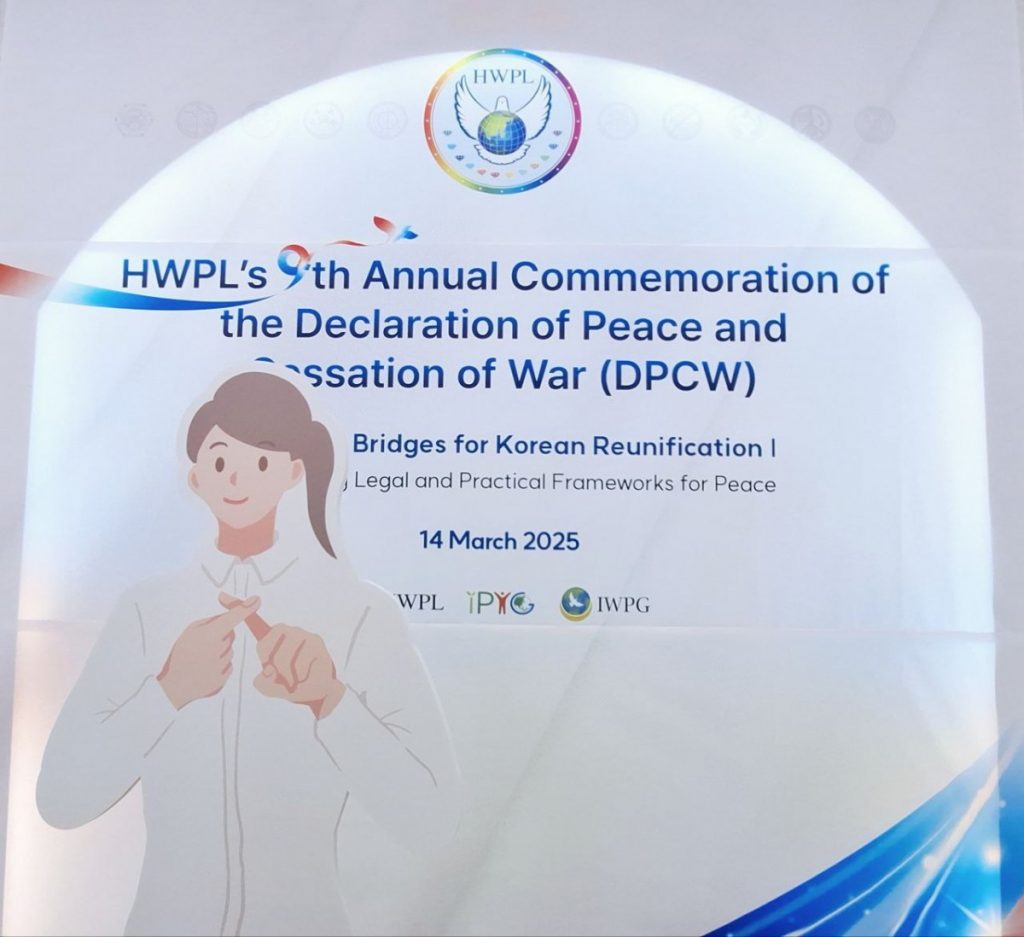
✨ A Movement for Unity & Hope!
HWPL, an international peace NGO linked with the UN, is leading a national campaign called “Together: Connecting Korea.” 🌏 This campaign brings together 170+ civil society organizations to:
🔹 Expand social & cultural exchanges between North & South Korea 🎭🎶
🔹 Strengthen understanding & education on reunification 📚
🔹 Develop a framework for legal & institutional support for peace ⚖️
One of the event speakers emphasized the importance of dialogue over force in achieving reunification. “Free movement of people is the fastest path to reunification,” he said. And that’s exactly what this campaign is fighting for! A Korea that stands as a monument to peace, for future generations to celebrate! 🌿✨
🏛️ Legal Blueprint for a Unified Korea
But wait—there’s more! A Unification Constitution is in the works! 📜💡
Dr. Kiaran Burke, an expert in international law, introduced a draft Unification Constitution prepared by the HWPL International Law and Peace Commission. This legal framework is designed to:
✅ Denuclearize the Korean Peninsula ☢️🚫
✅ Establish a peace-driven democratic system 🕊️💙
✅ Protect the rights & welfare of all Korean citizens 🇰🇷
The ultimate goal? To create a stable, peaceful Korea that contributes to global harmony. 🌍💞
🌍 Global Support for Korean Reunification!
People worldwide are getting involved in this movement! The “Connect Korea Challenge” (📲 https://togetherconnectkorea.kr/) is encouraging people to show their support for free movement between the two Koreas. And the response? AMAZING! 🎉
💬 Within just 10 days:
📍 243 cities from 72 countries joined the movement! 🌎
📸 Over 1,350 social media posts supporting peace & reunification! 📢✨
This global wave of support proves that reunification isn’t just a dream—it’s a movement that’s gaining momentum! 🌊💙
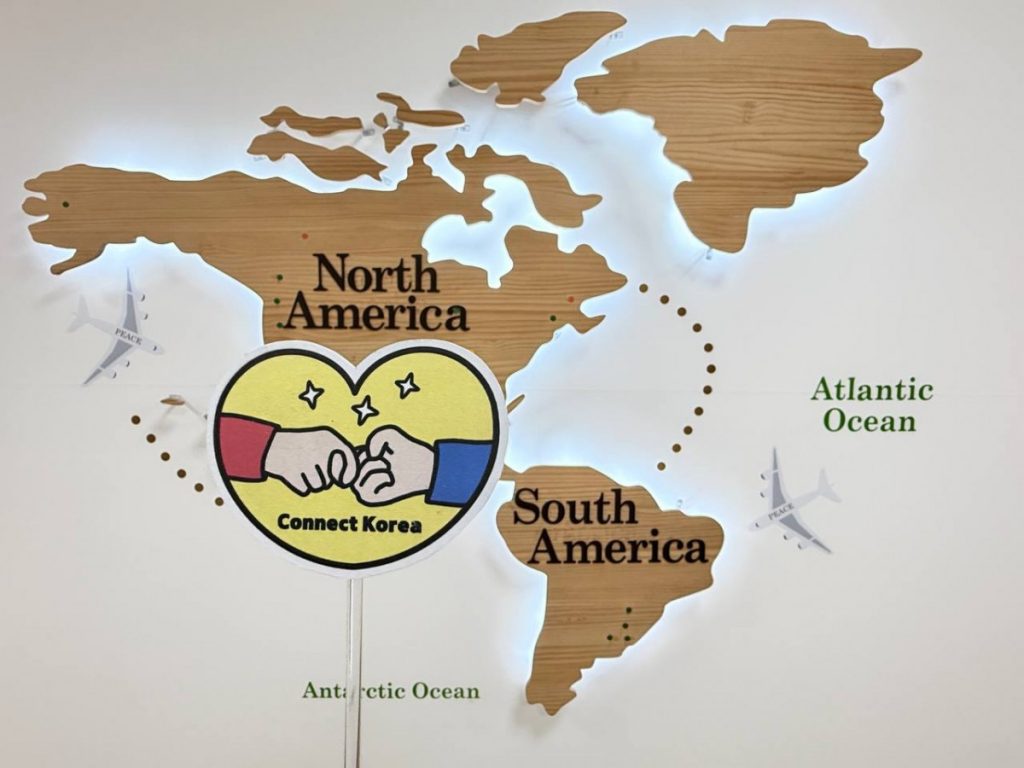
💡 What Can YOU Do?
If you believe in peace, unity, and a better future for Korea, you can:
✔️ Join the “Connect Korea Challenge” 📲💬
✔️ Spread awareness by sharing this with friends & family 🌍
✔️ Support reunification efforts by learning & talking about it 📢
Reunification isn’t just about politics—it’s about people, families, and a shared future. 💕 Let’s build bridges, not walls. Let’s make history. 🕊️✨
Official Event Page: http://314dpcw.org
Together Campaign: Connect Korea: http://togetherconnectkorea.kr
#PeaceForKorea #ReunificationNow #KoreanPeninsula #TogetherForPeace #UnificationChallenge
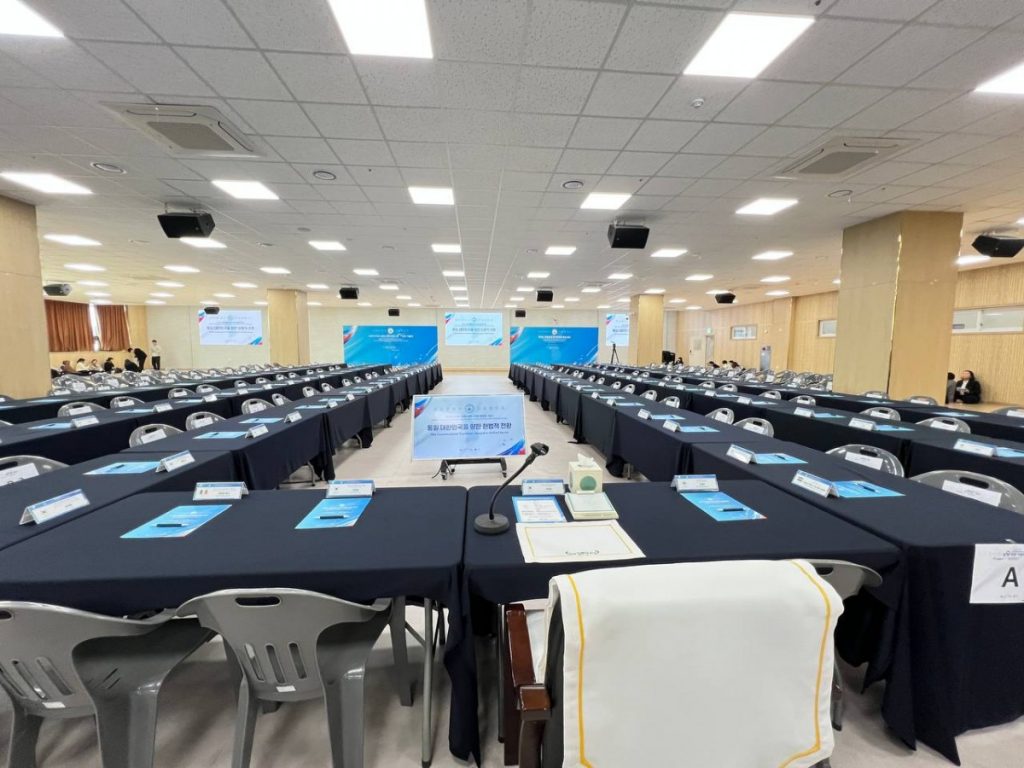
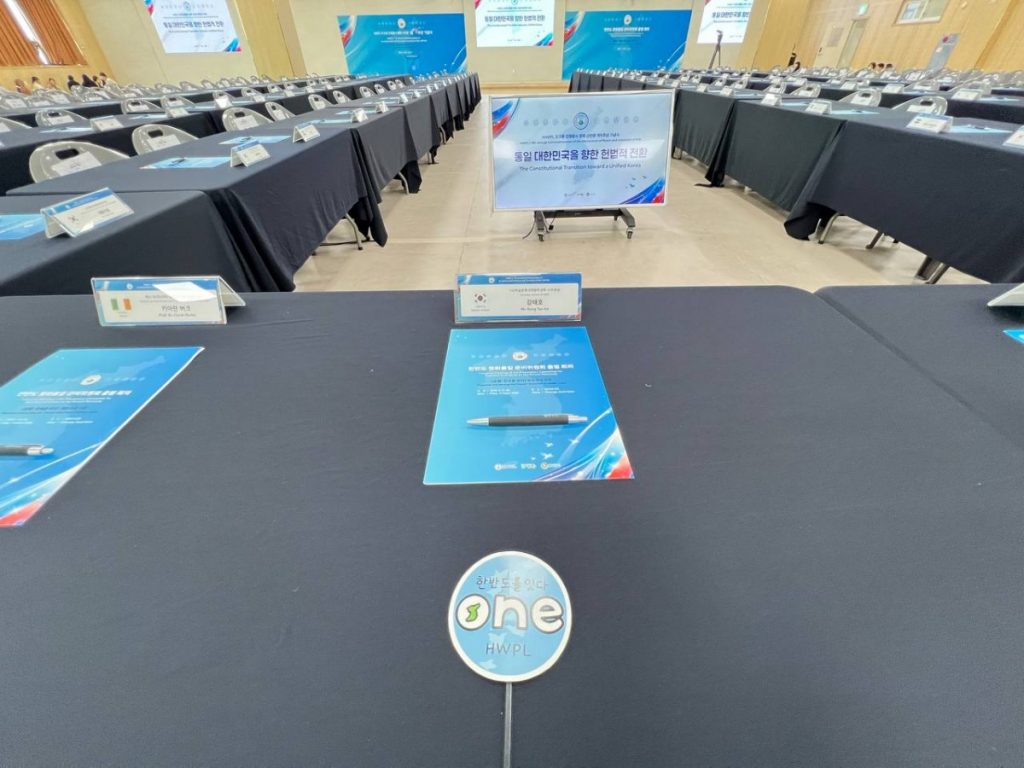
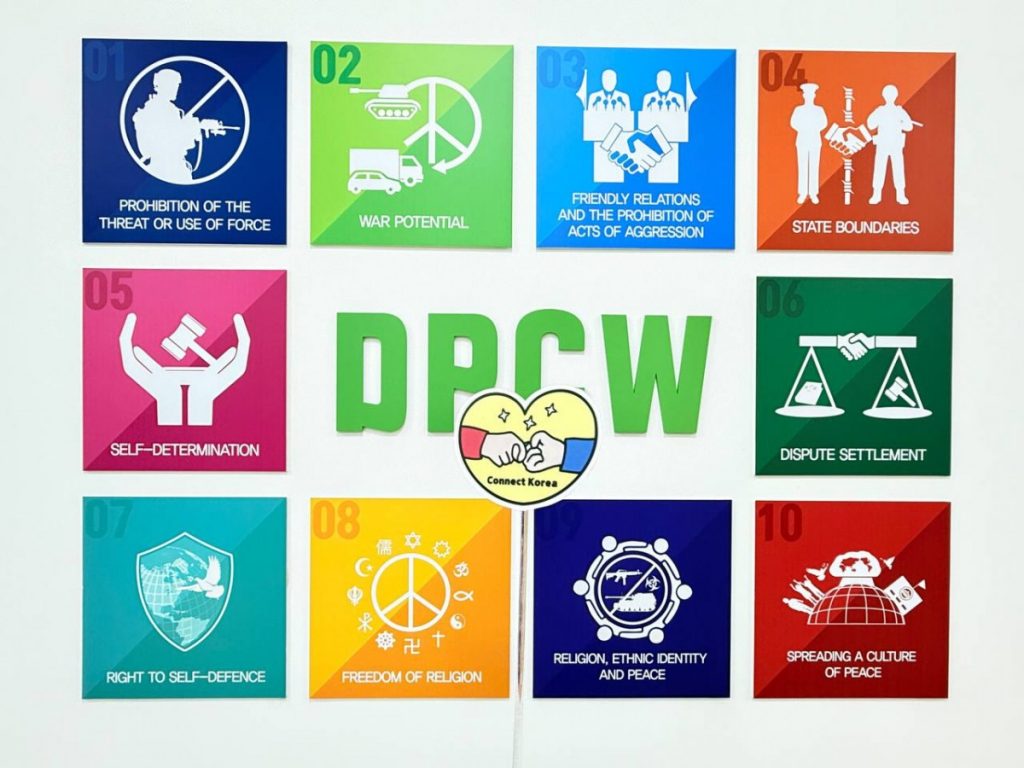
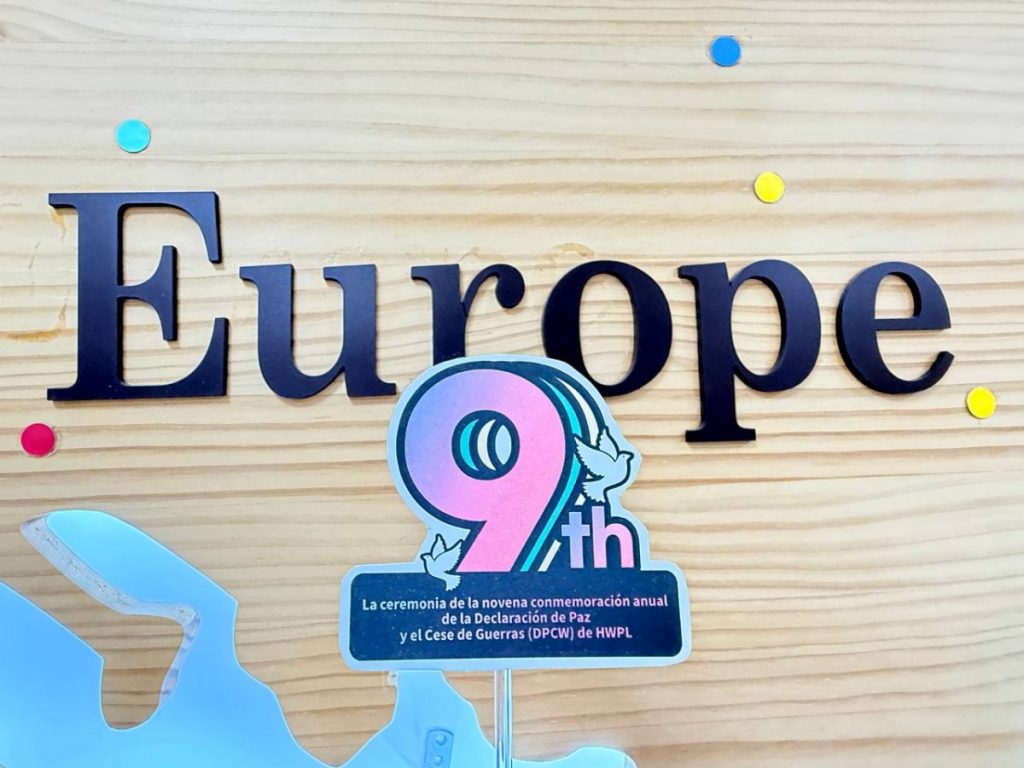
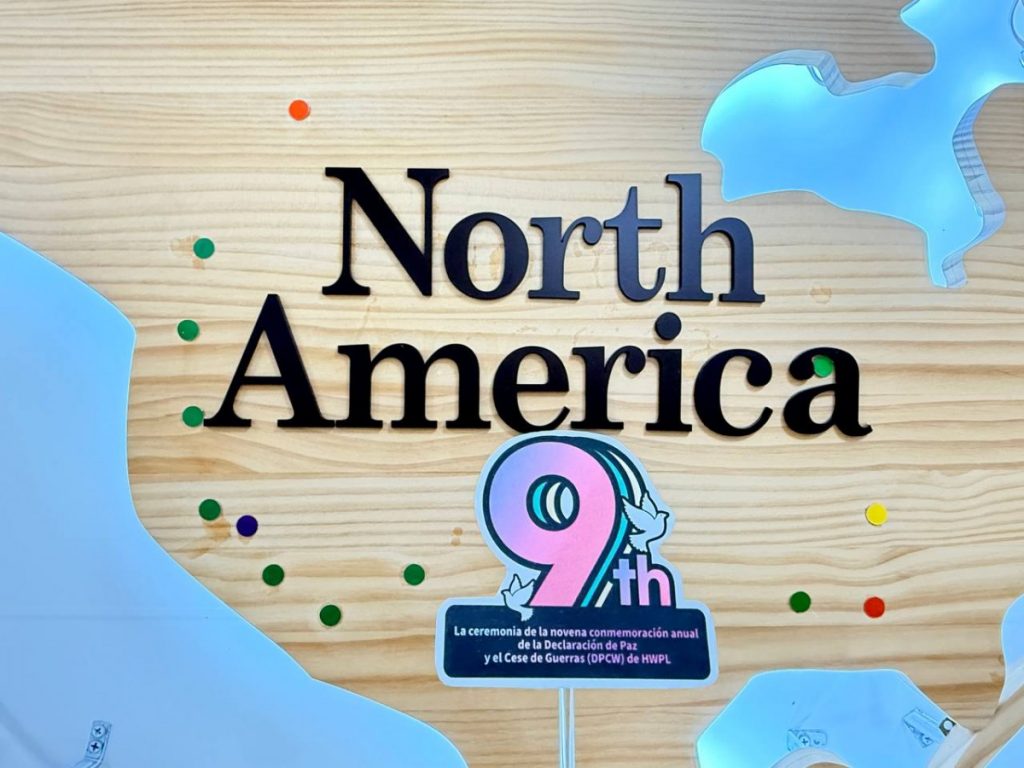
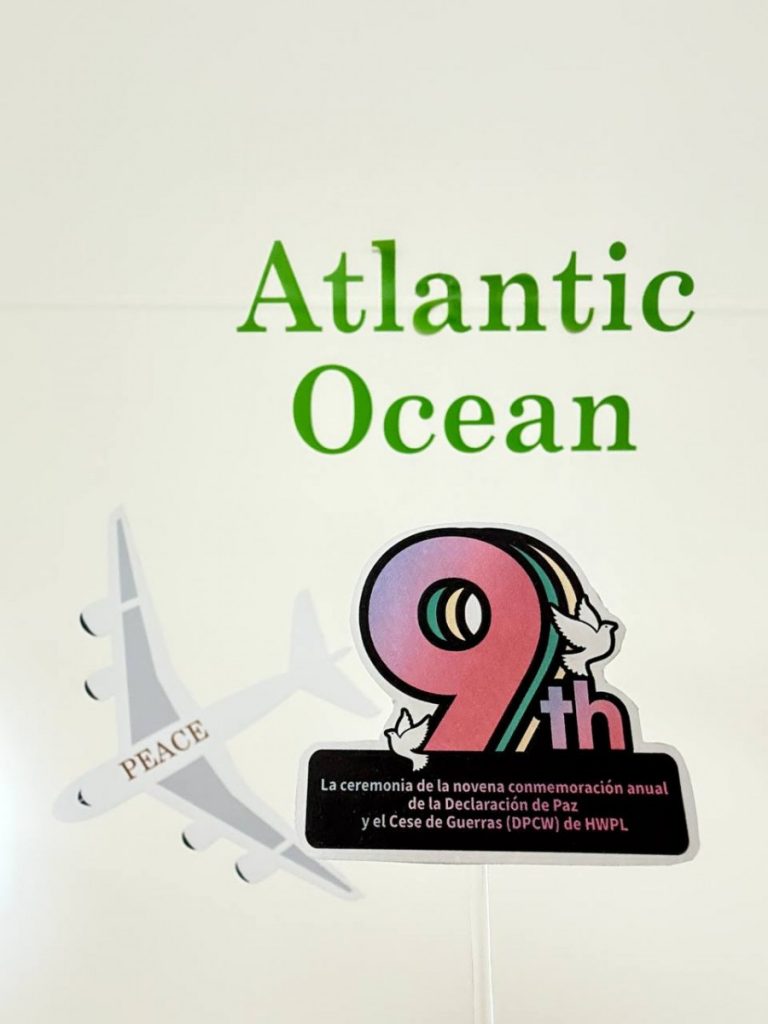
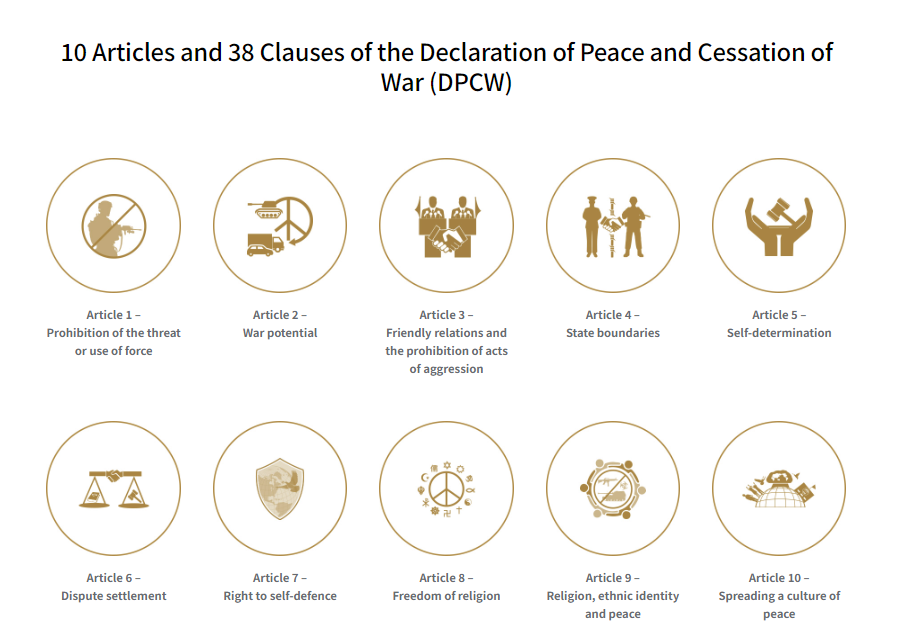
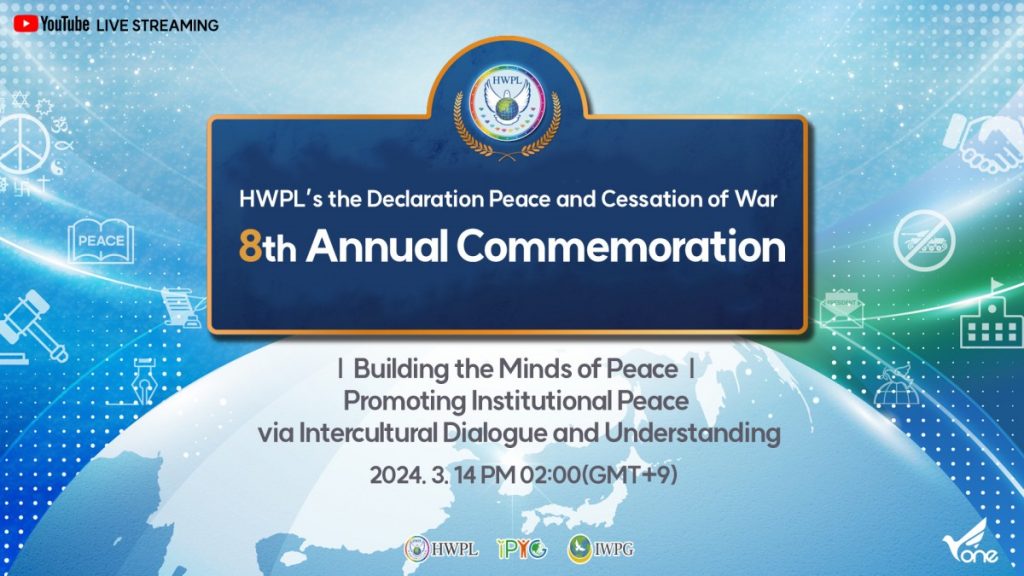
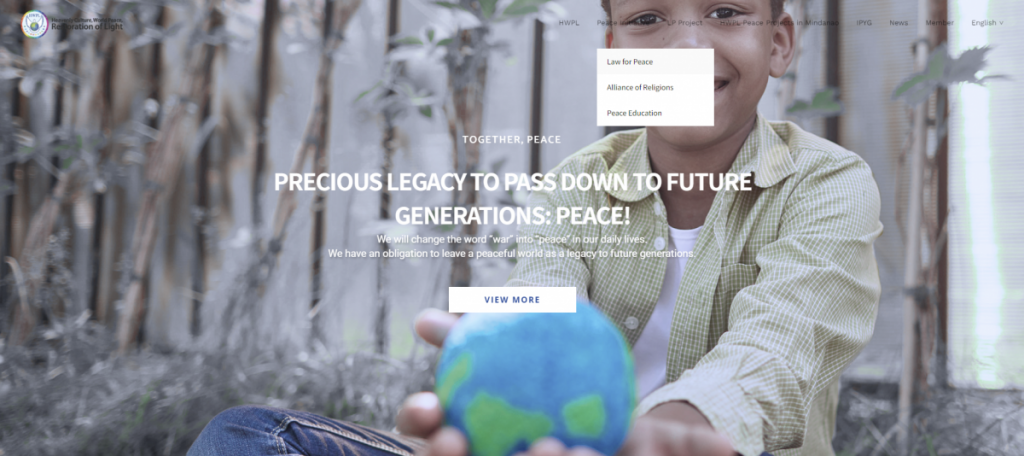
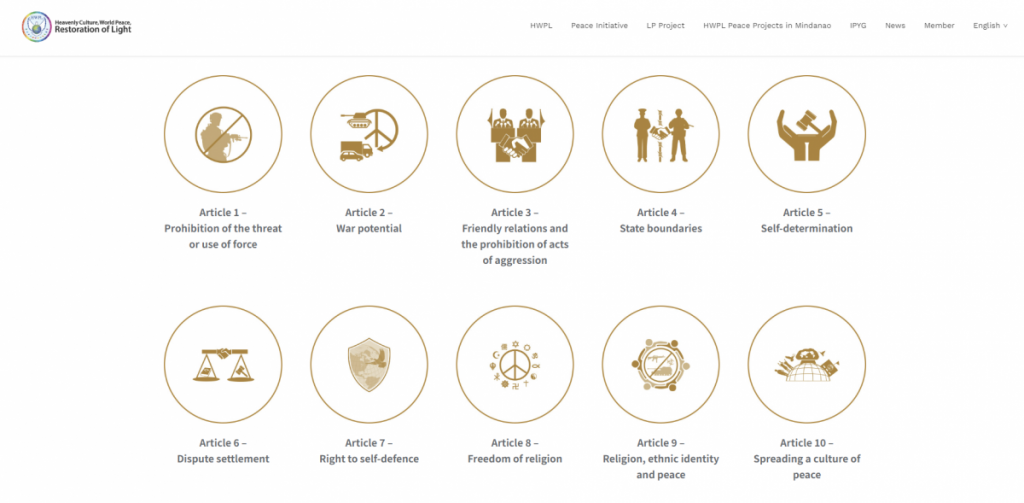
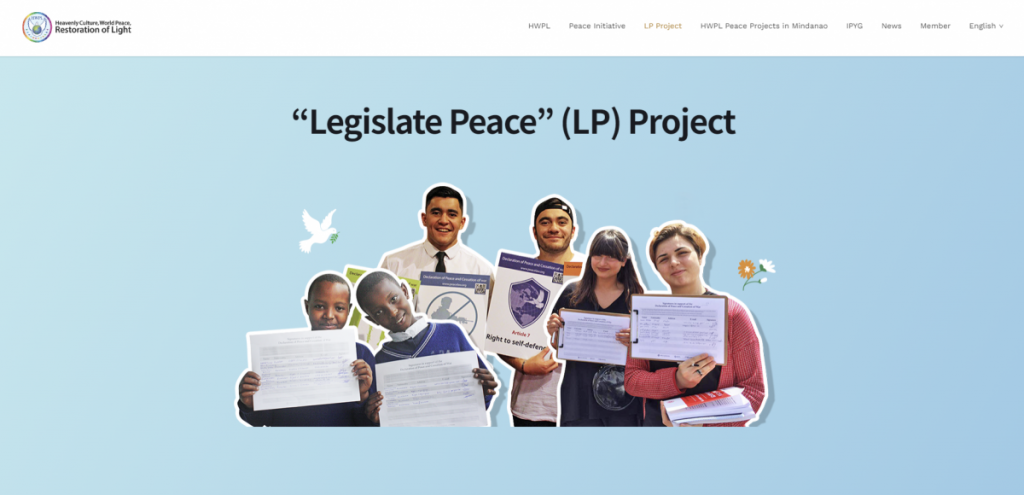
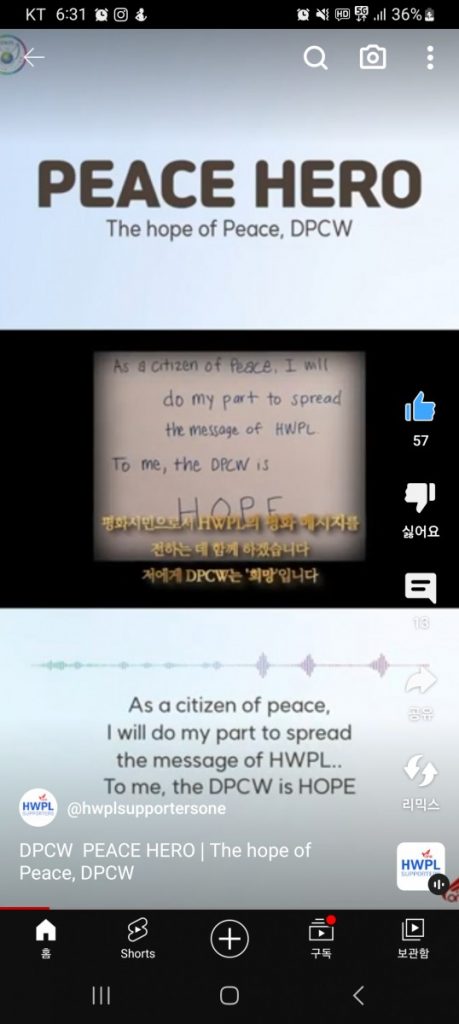
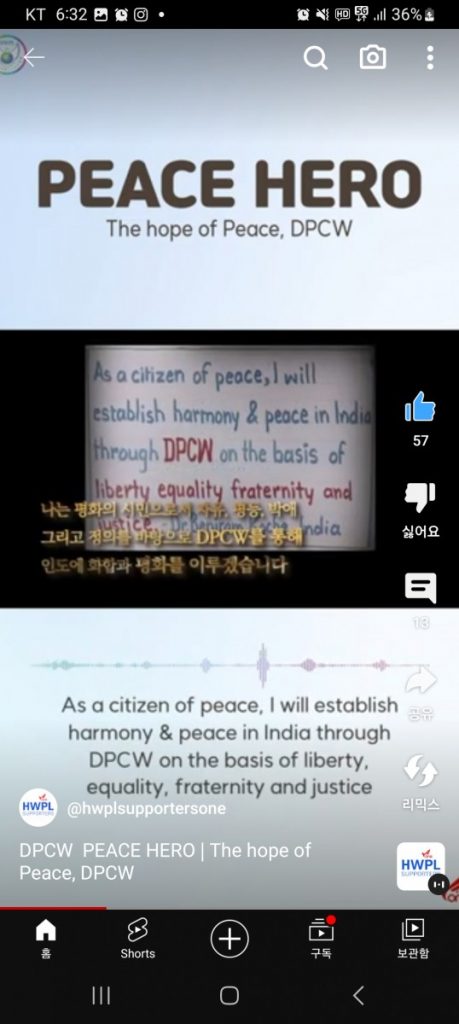
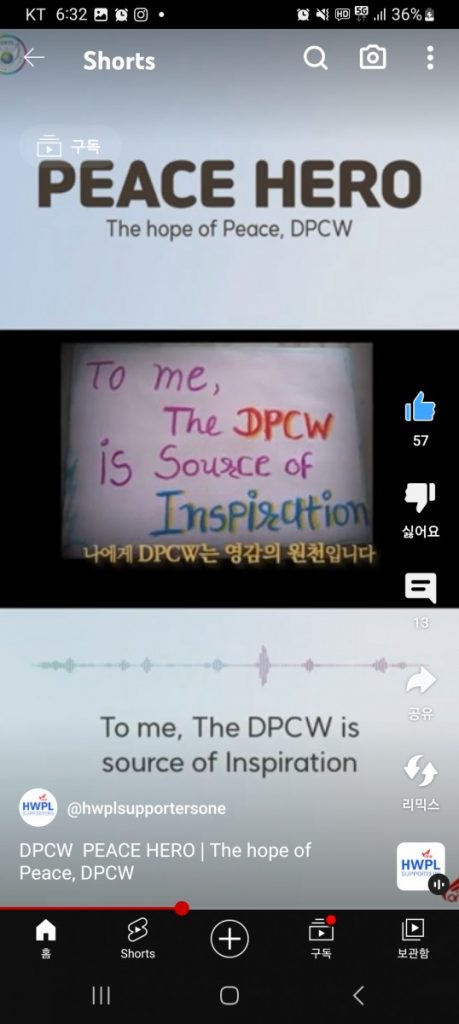
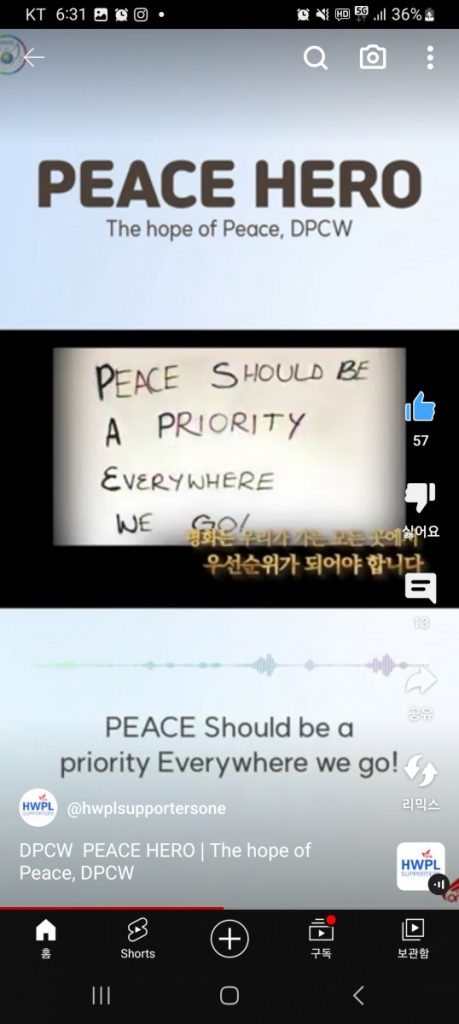
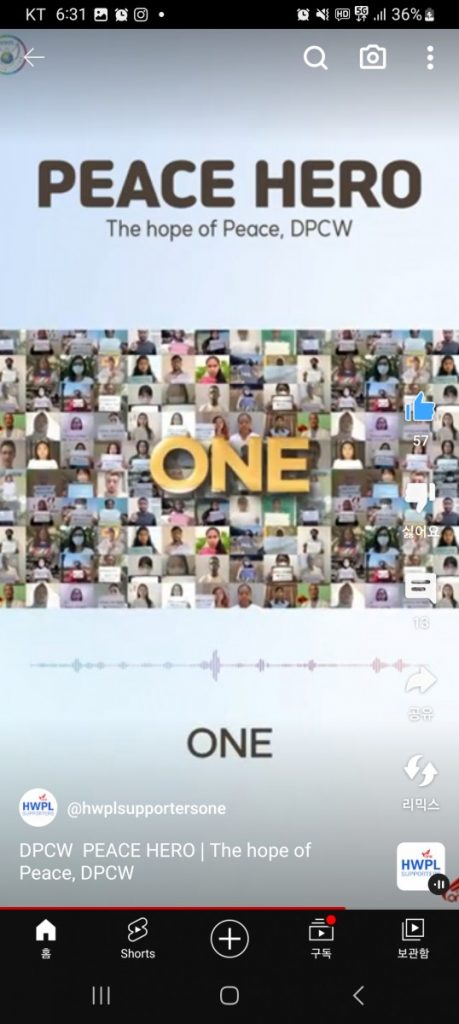
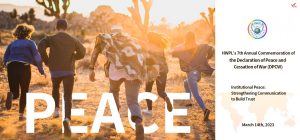
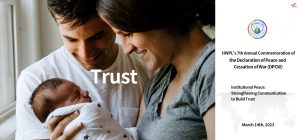
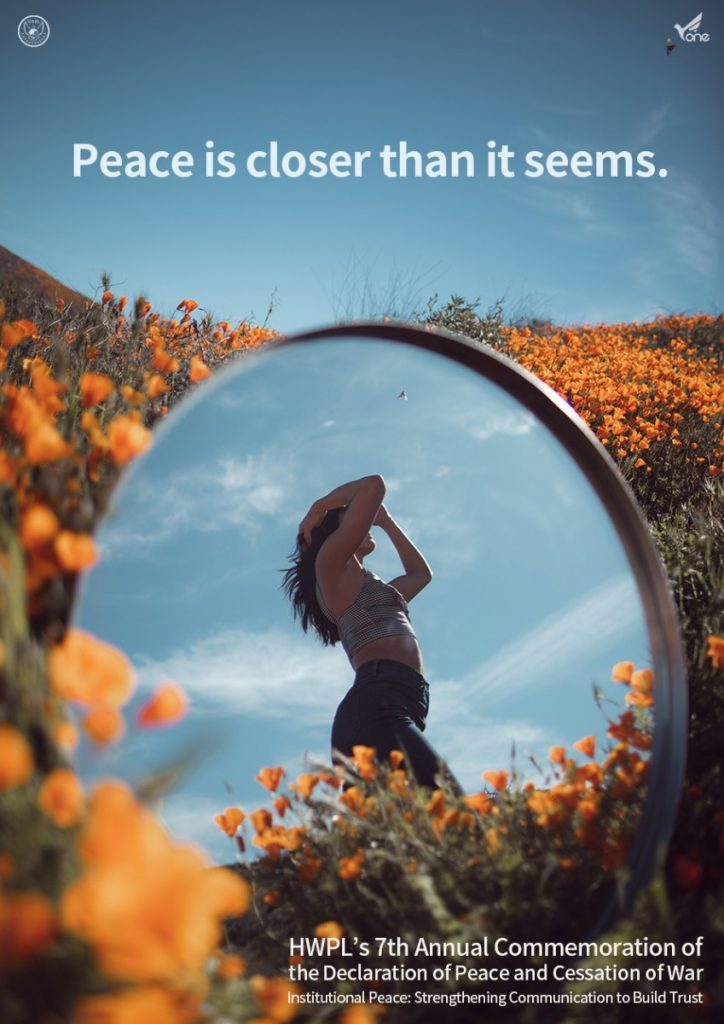
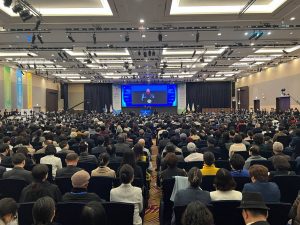
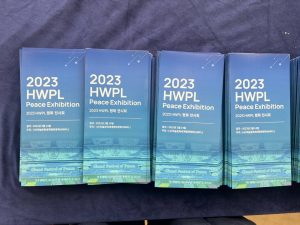
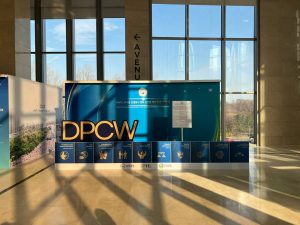
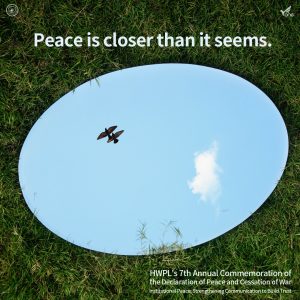
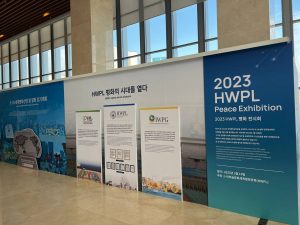
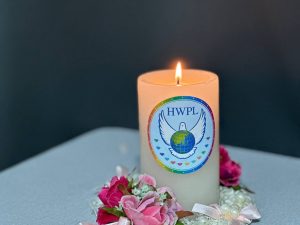
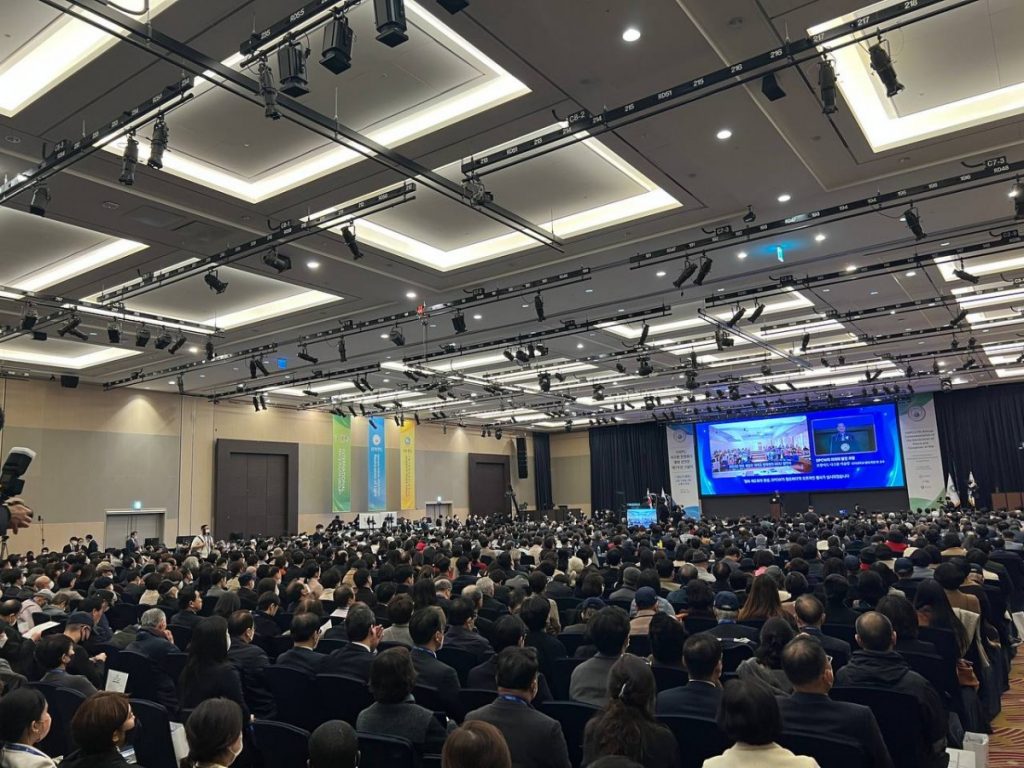
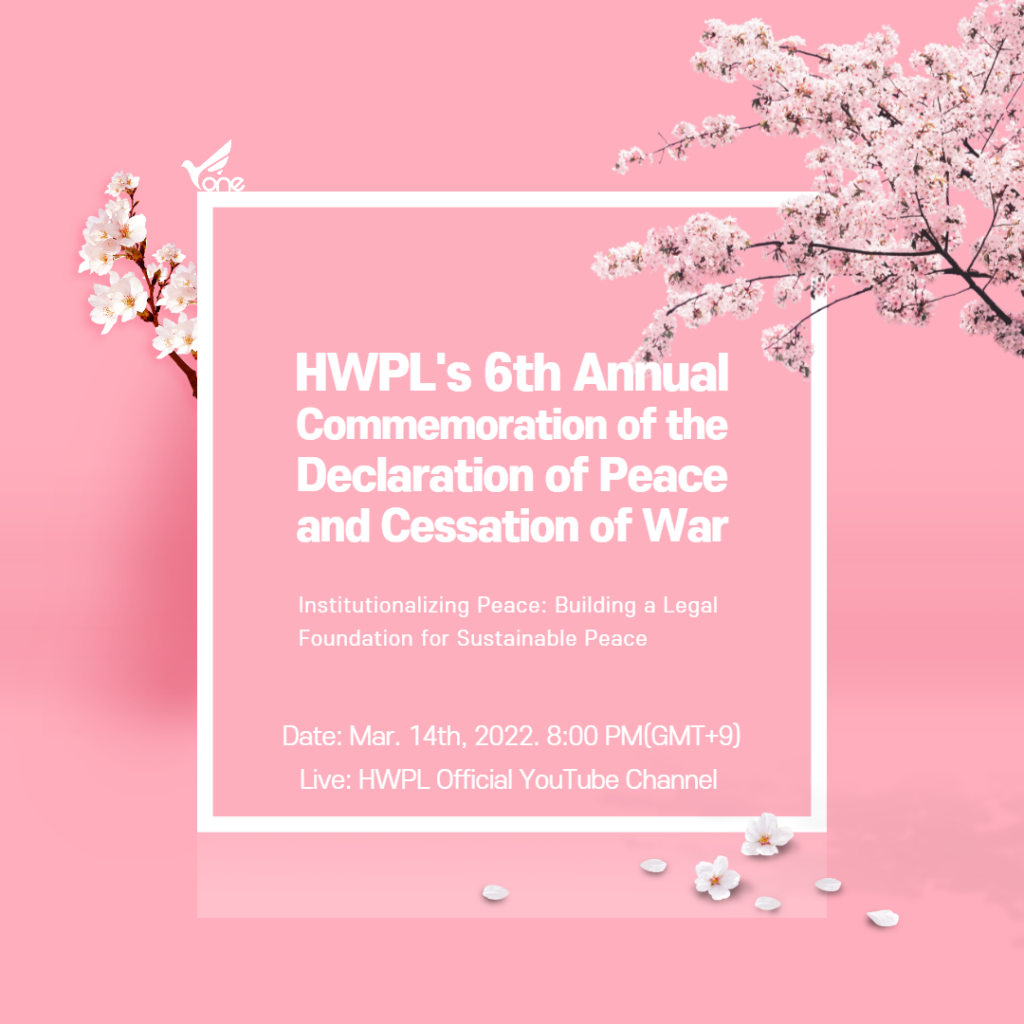
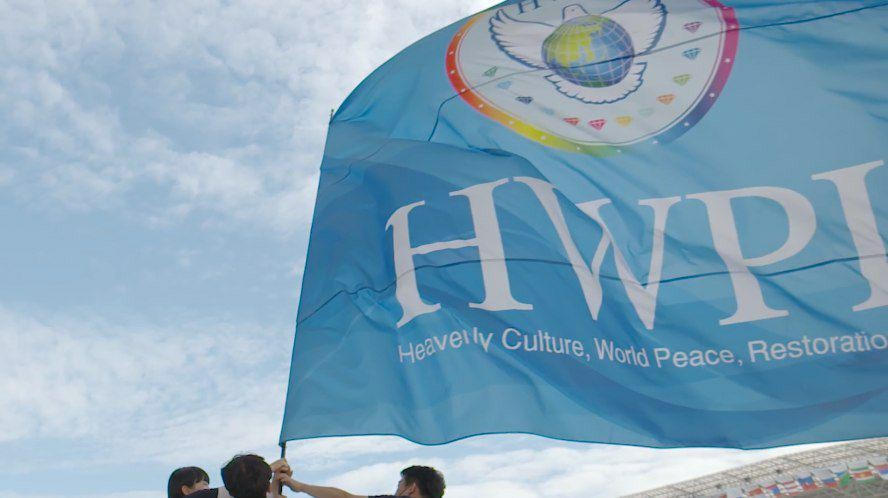
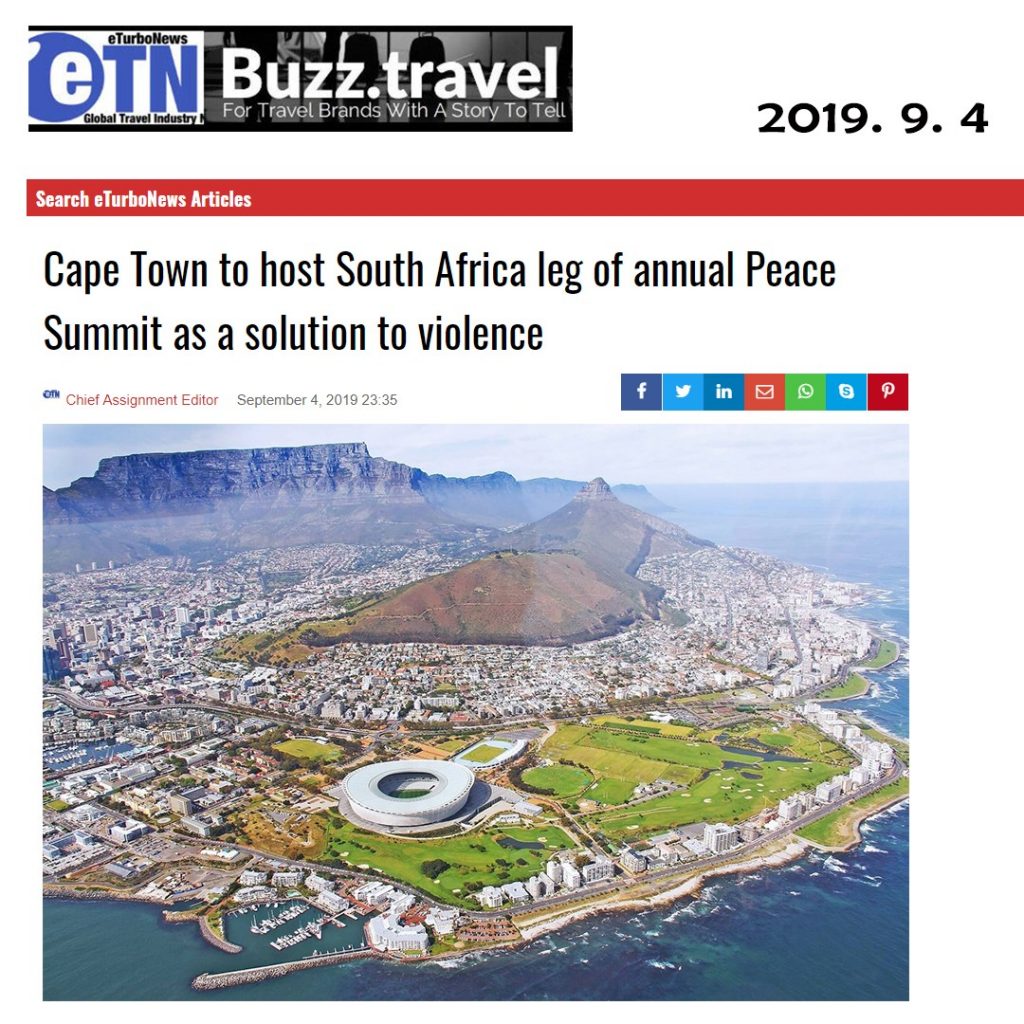
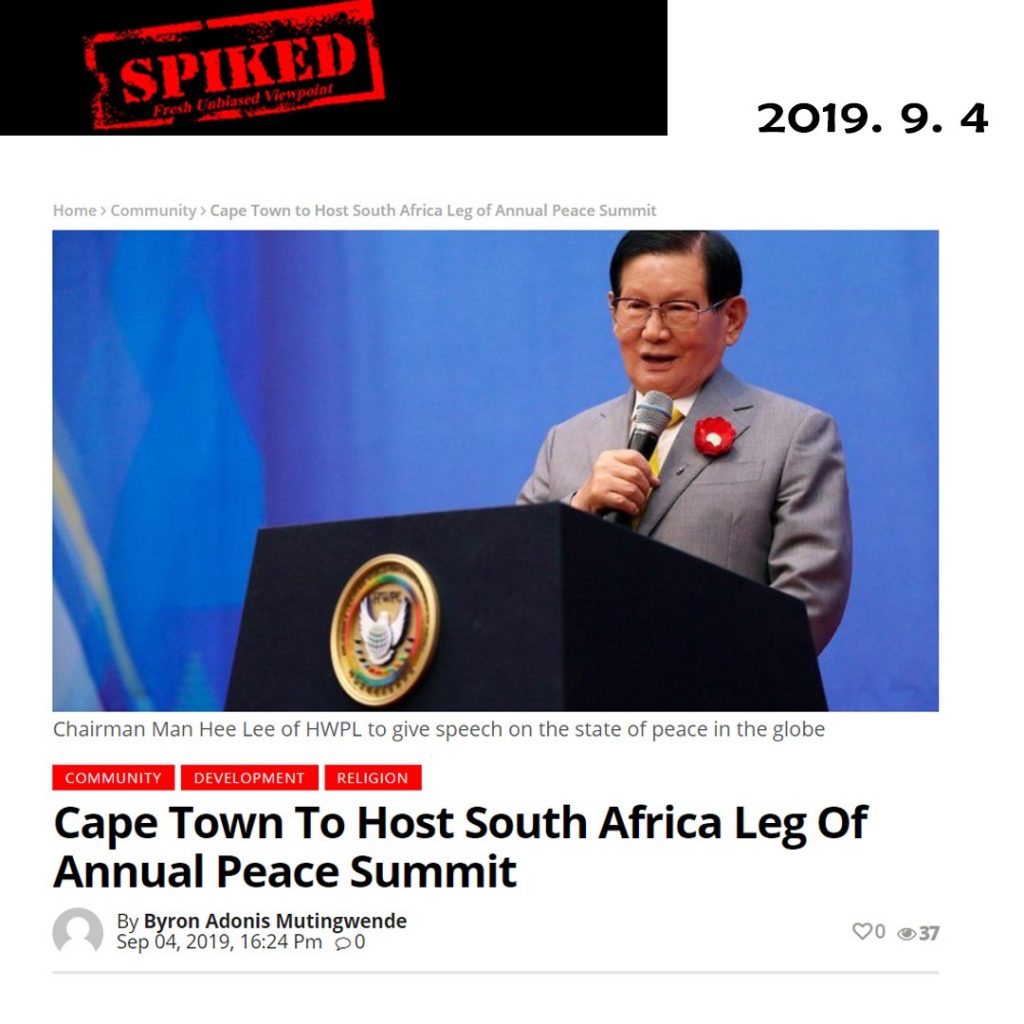
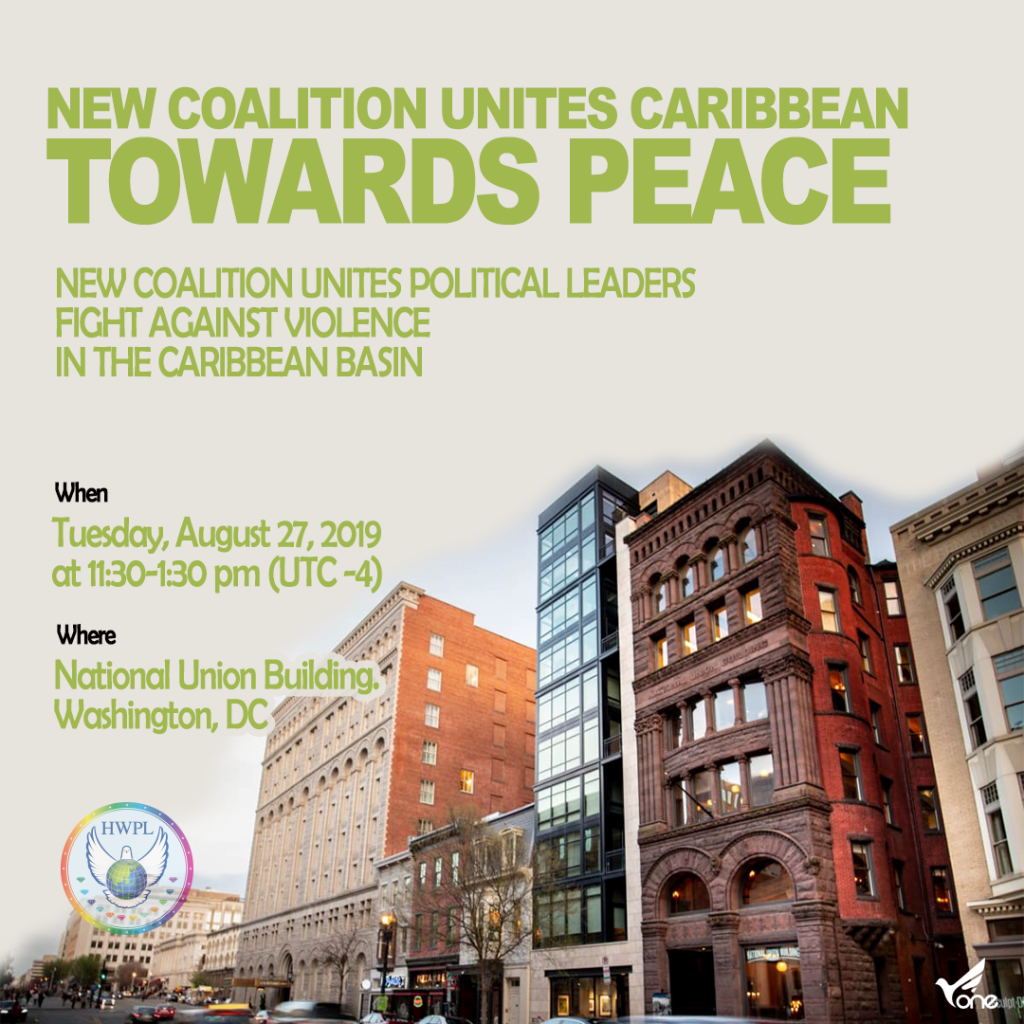
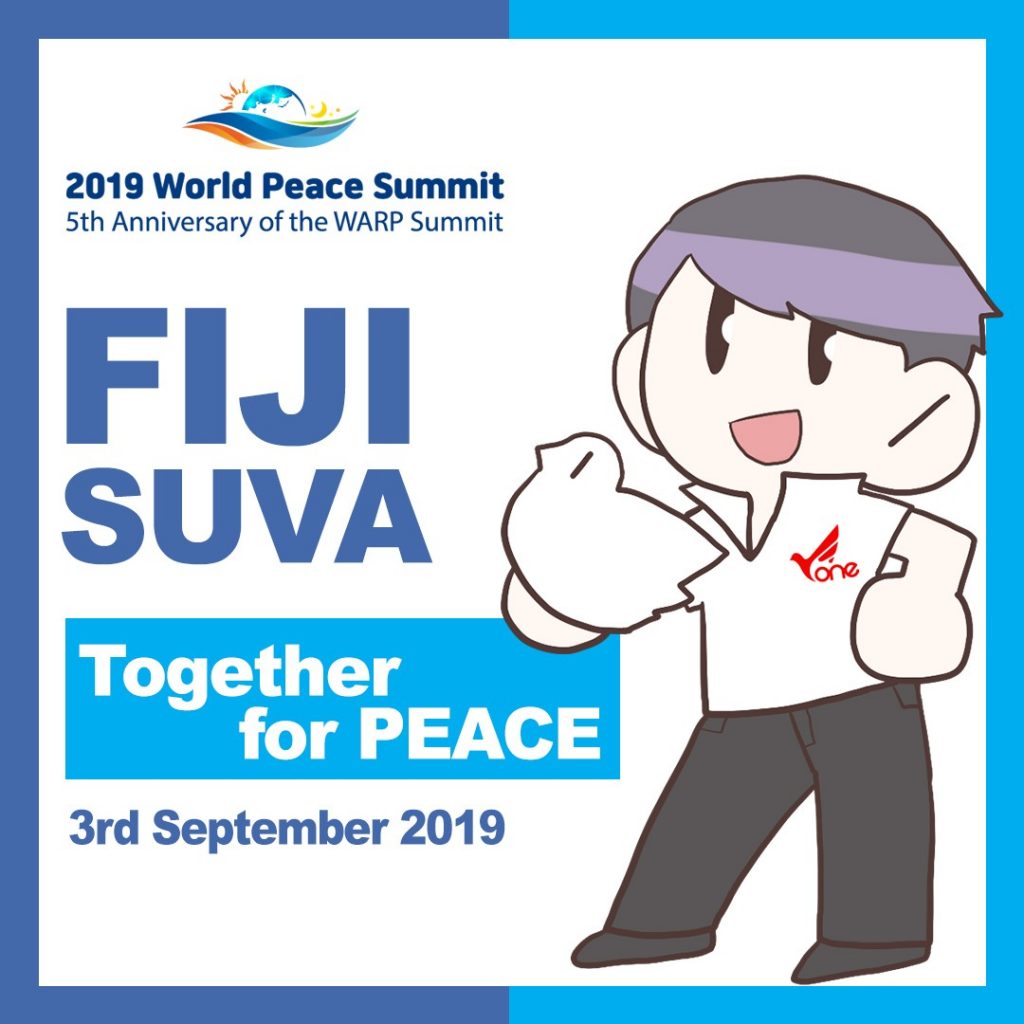
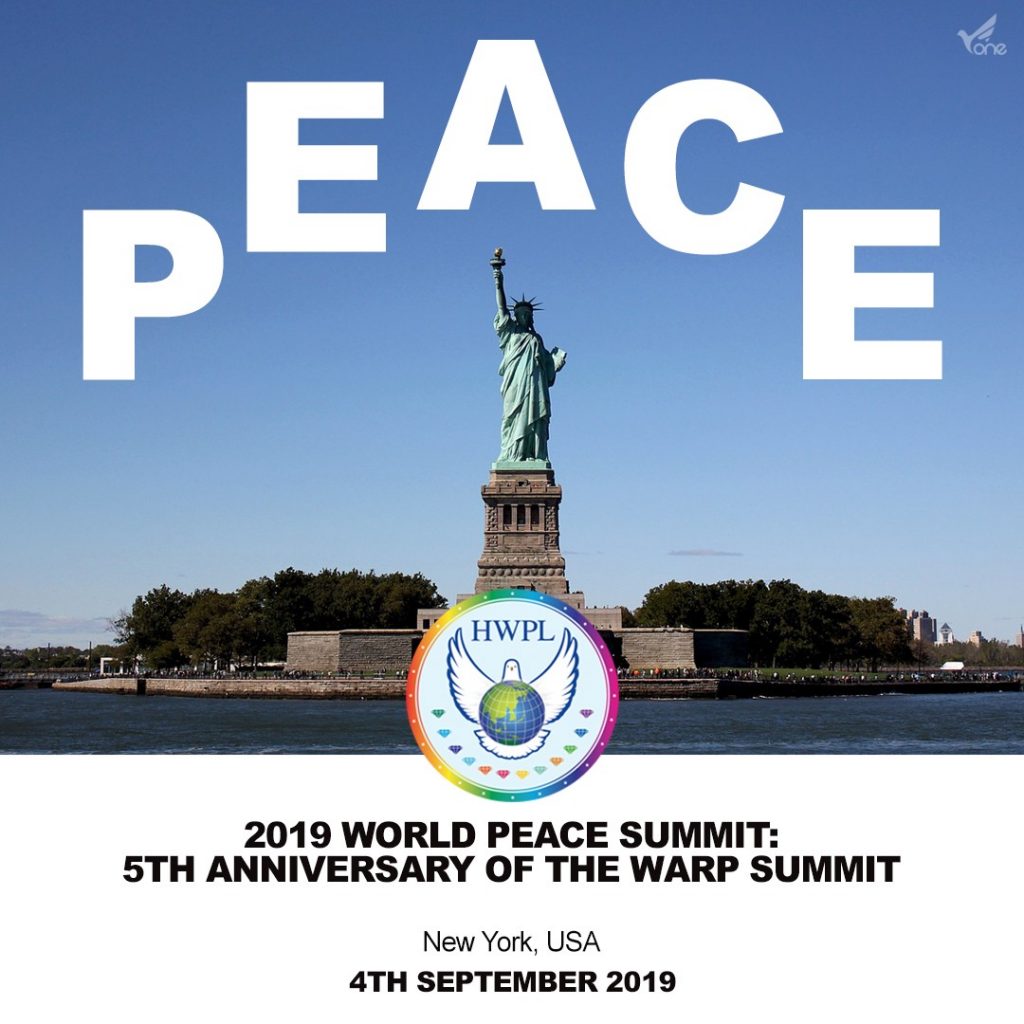
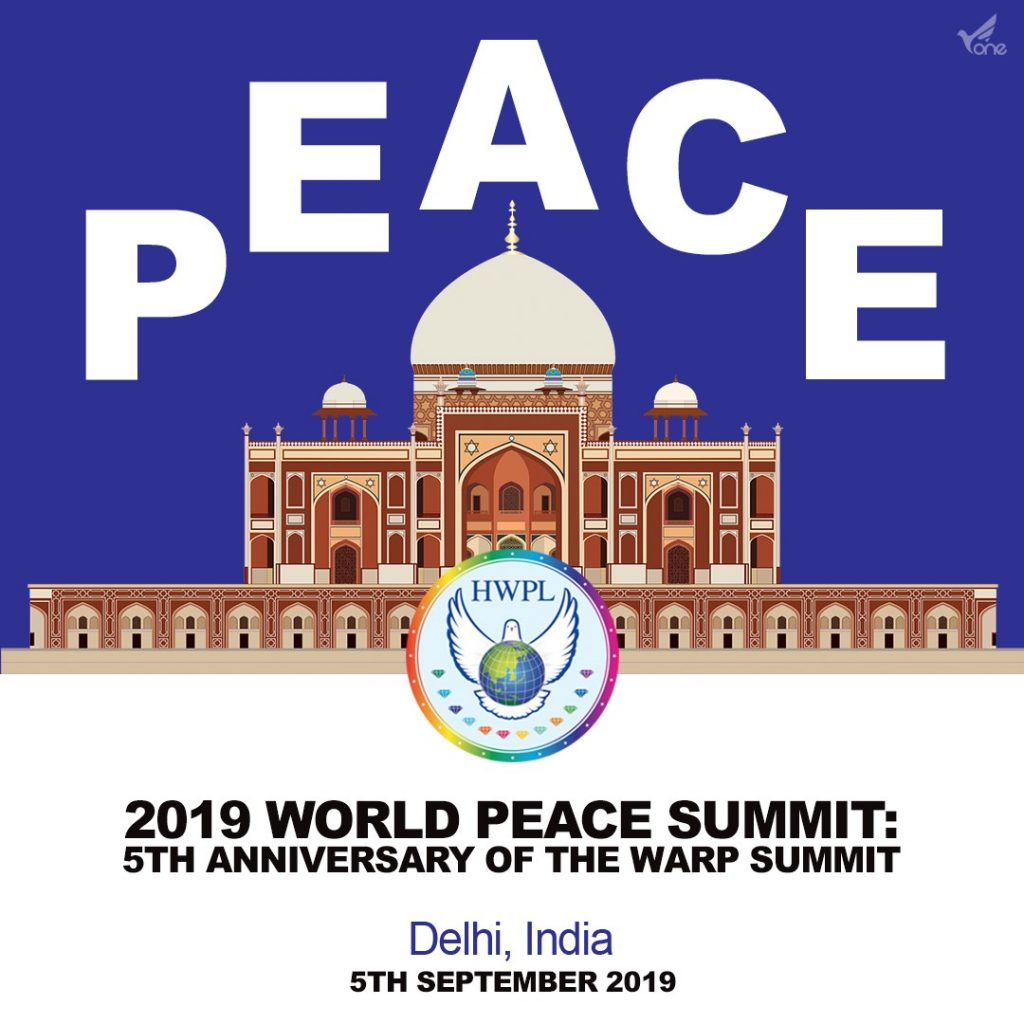

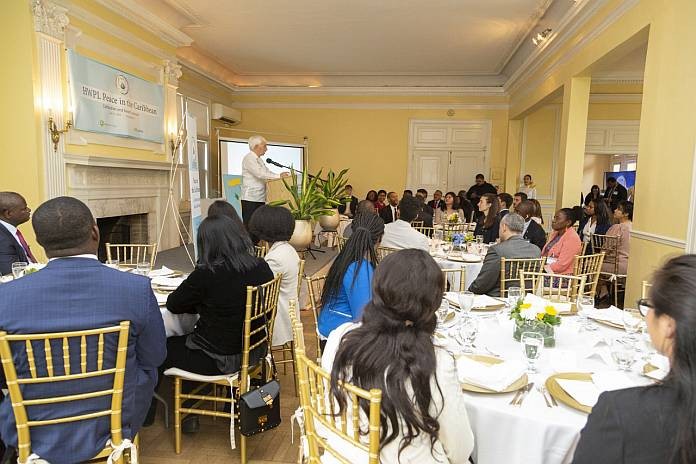
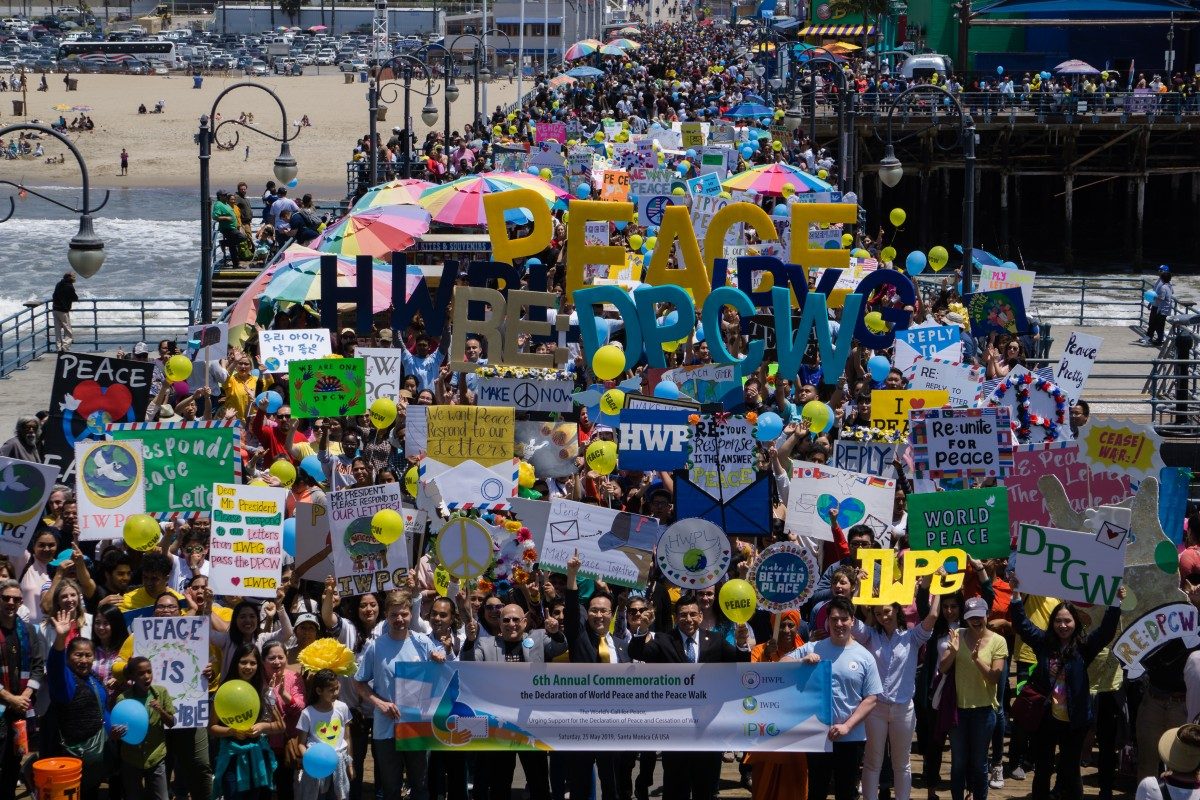
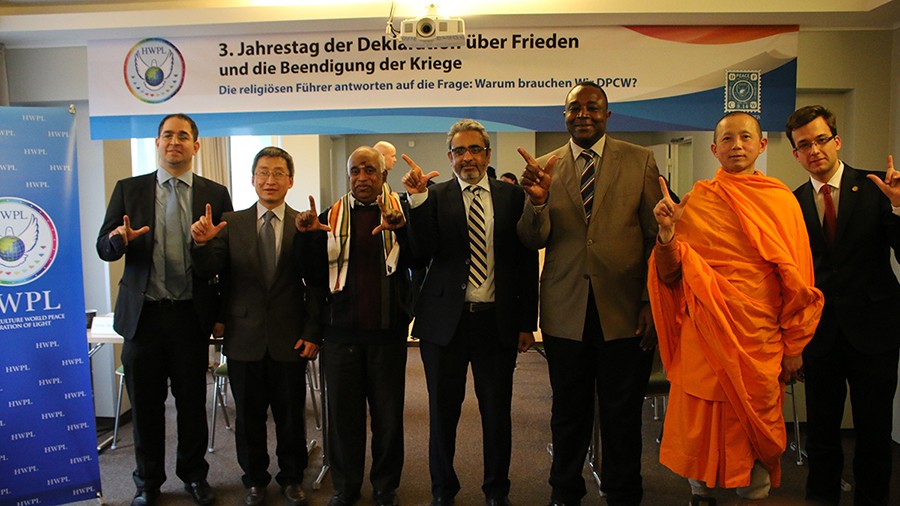
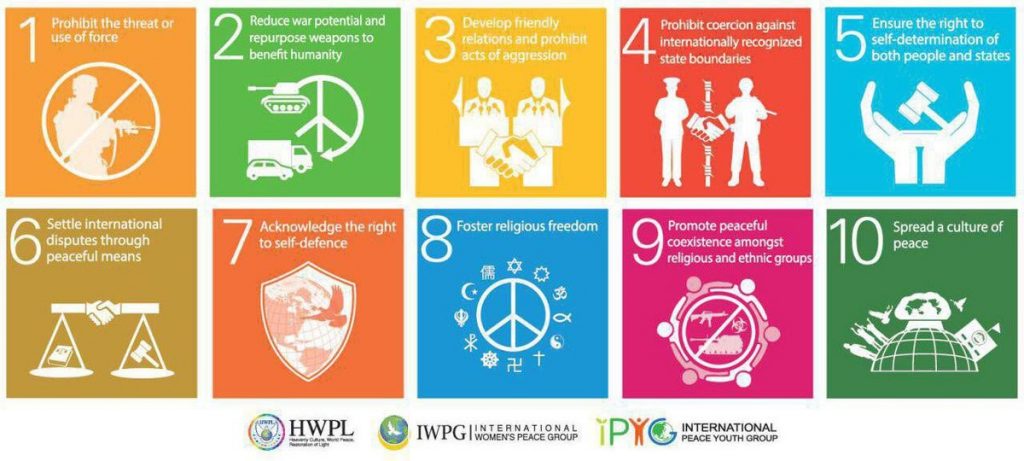
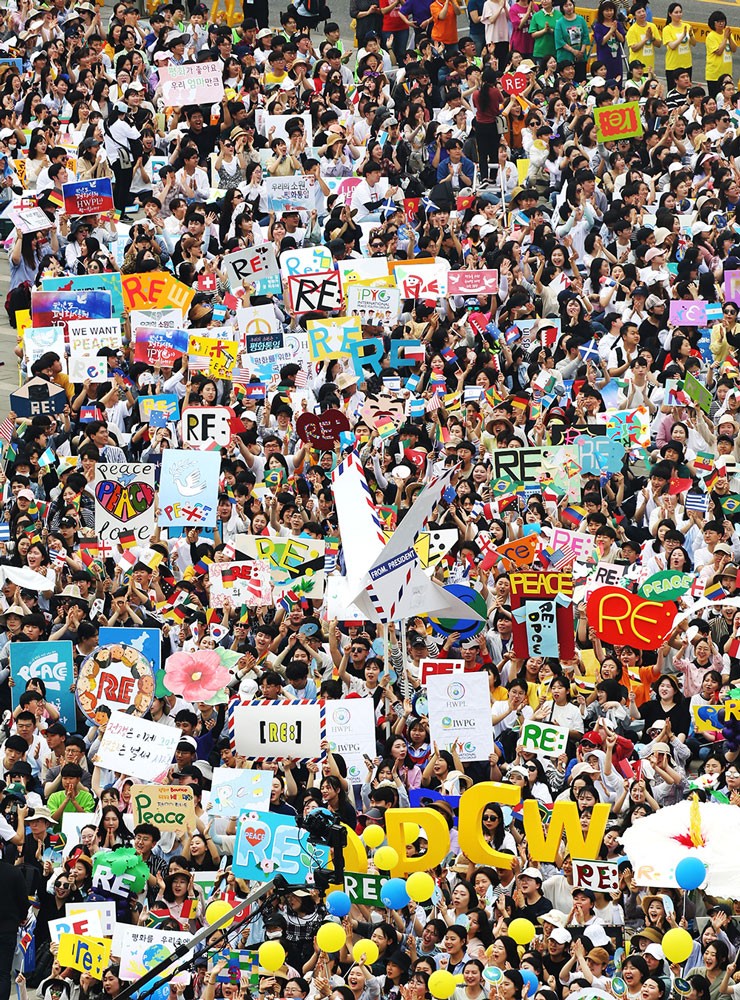
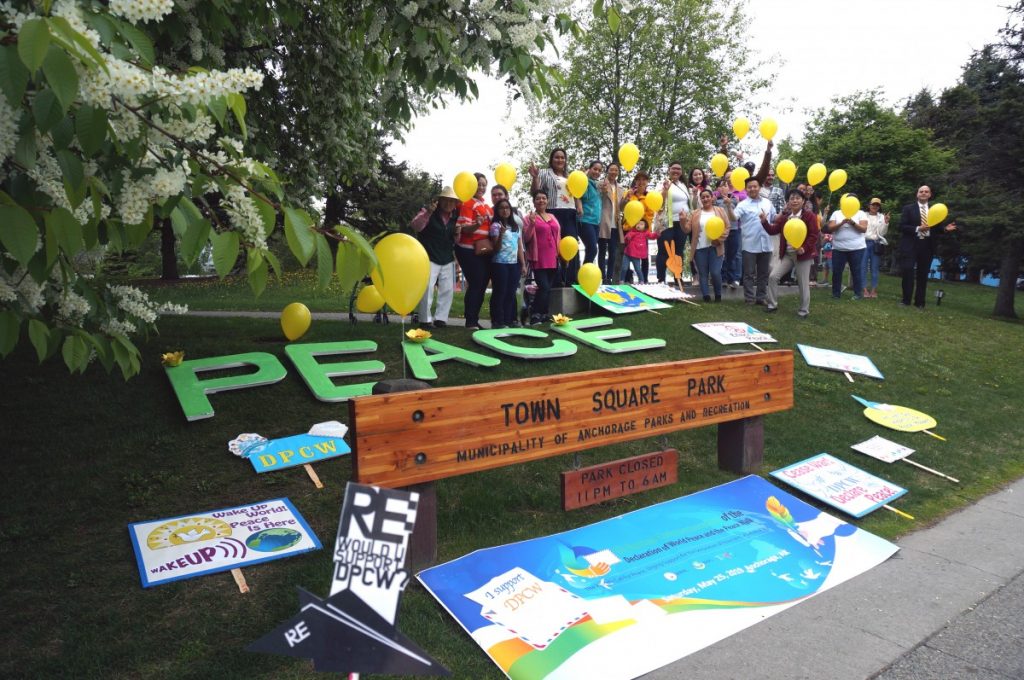
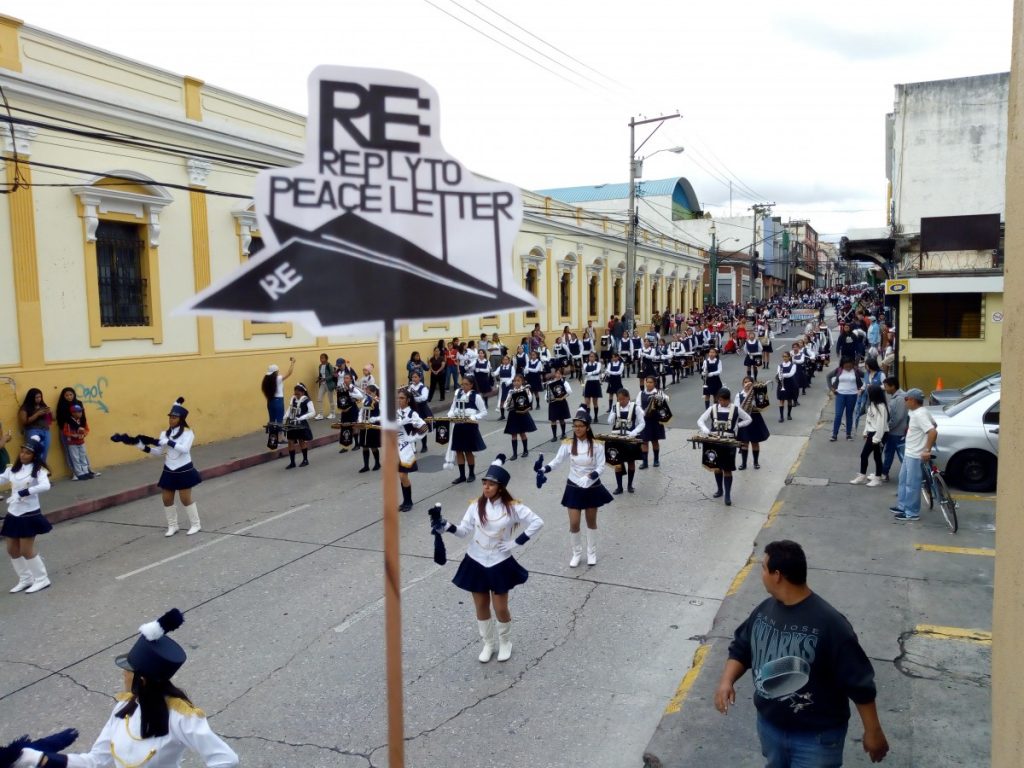
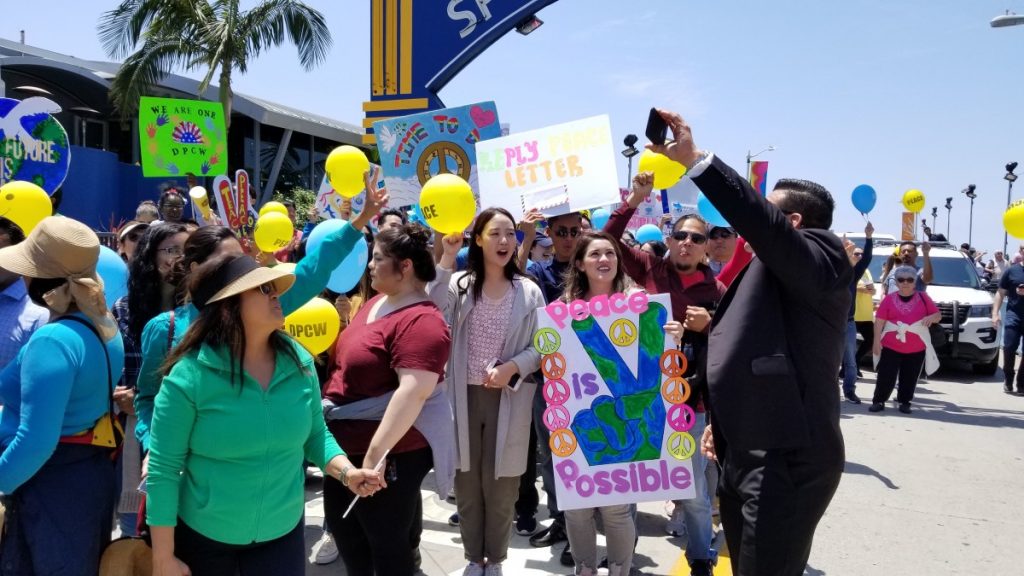
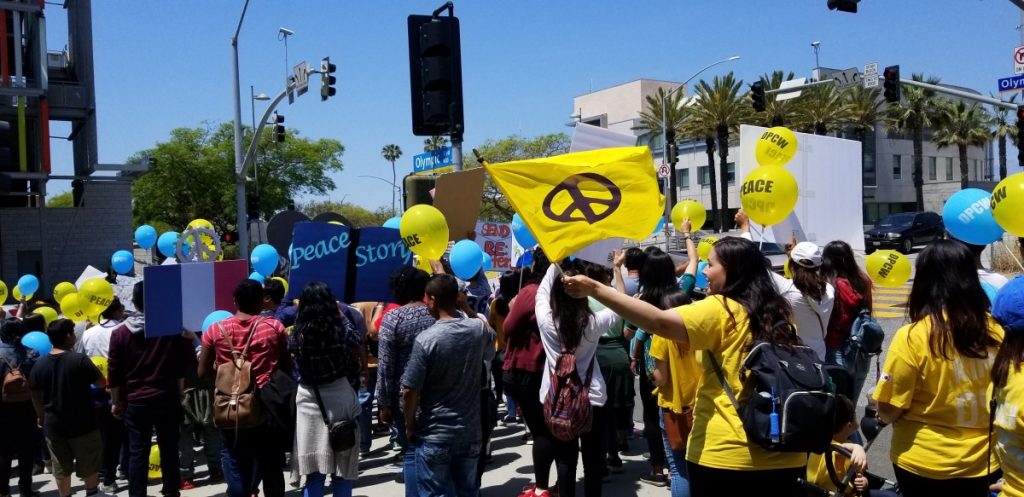
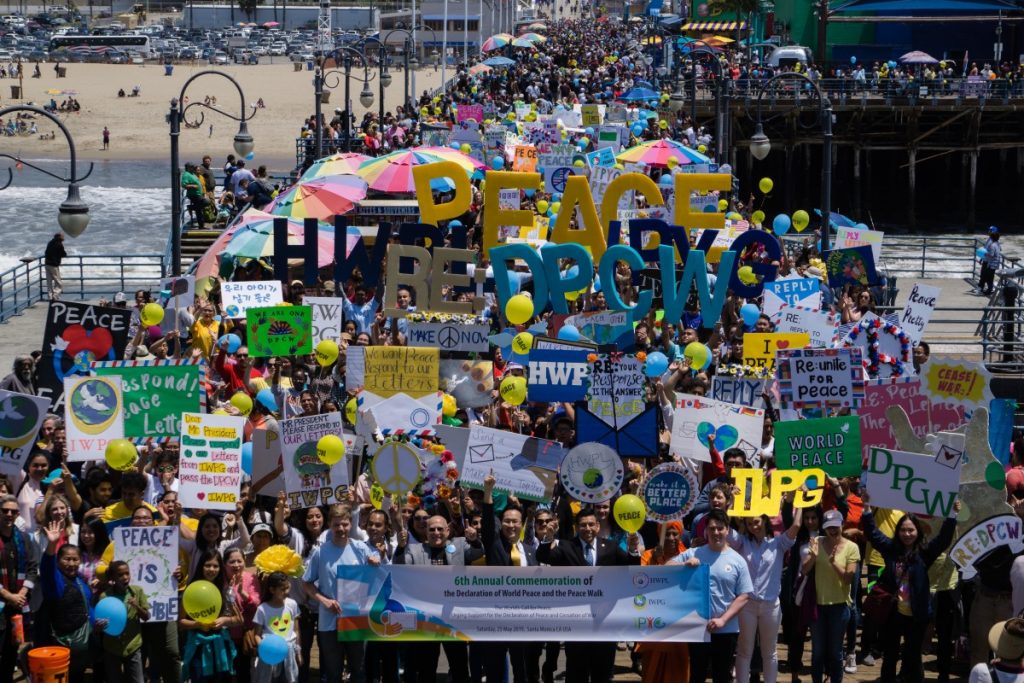
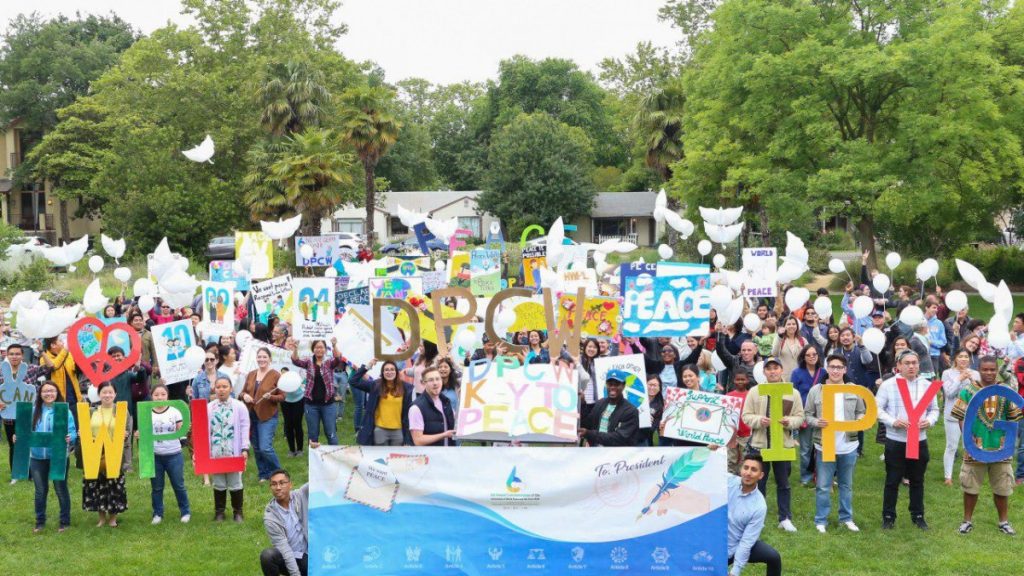
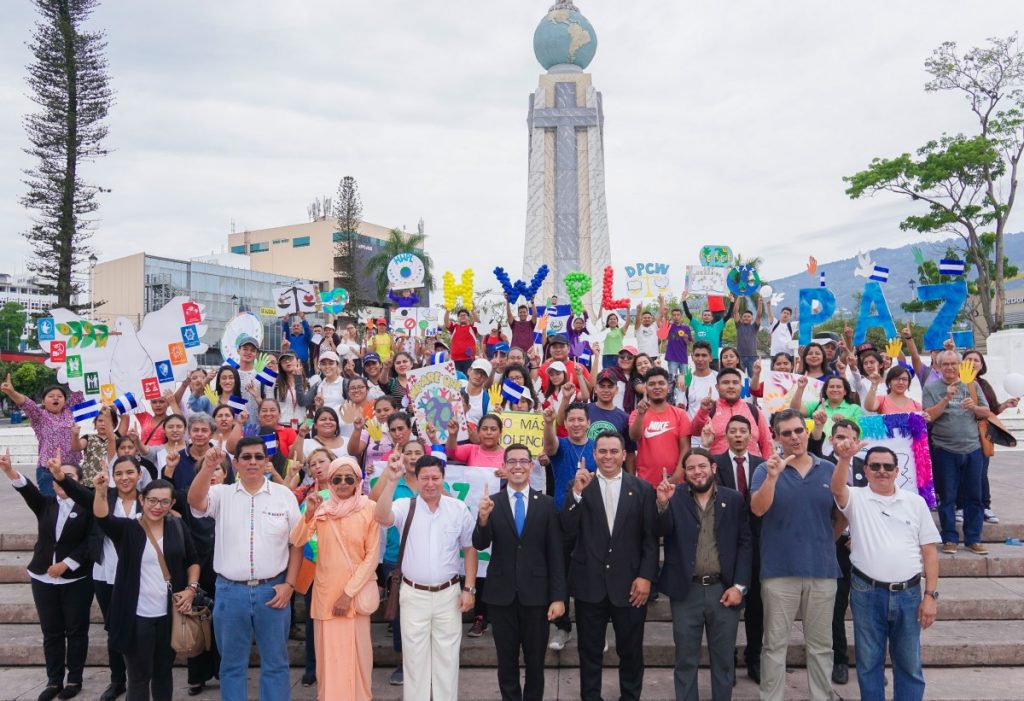
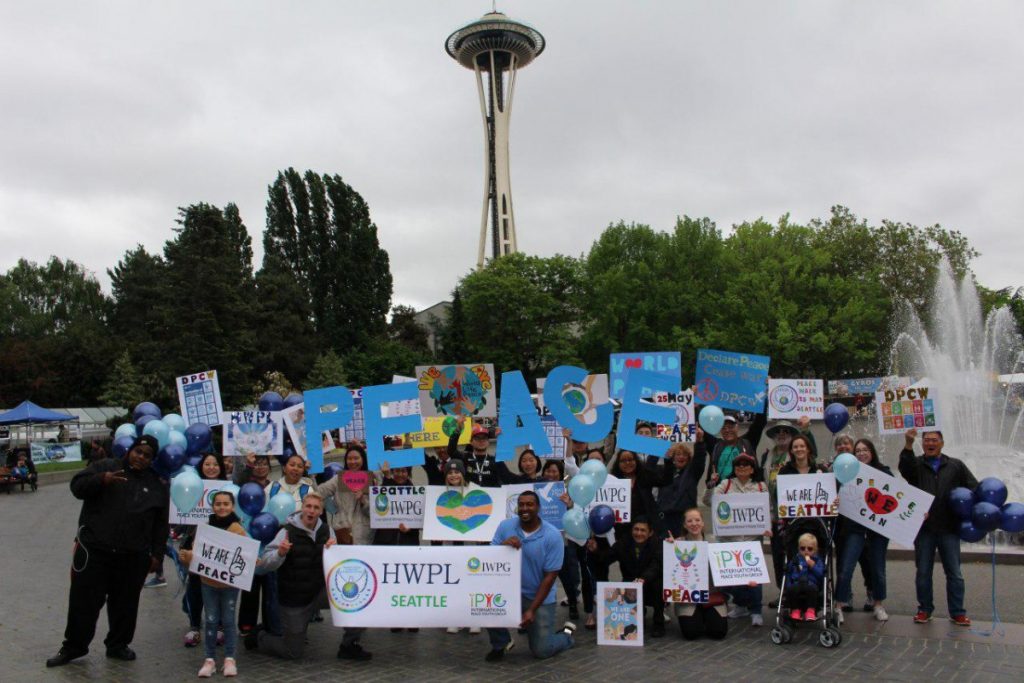
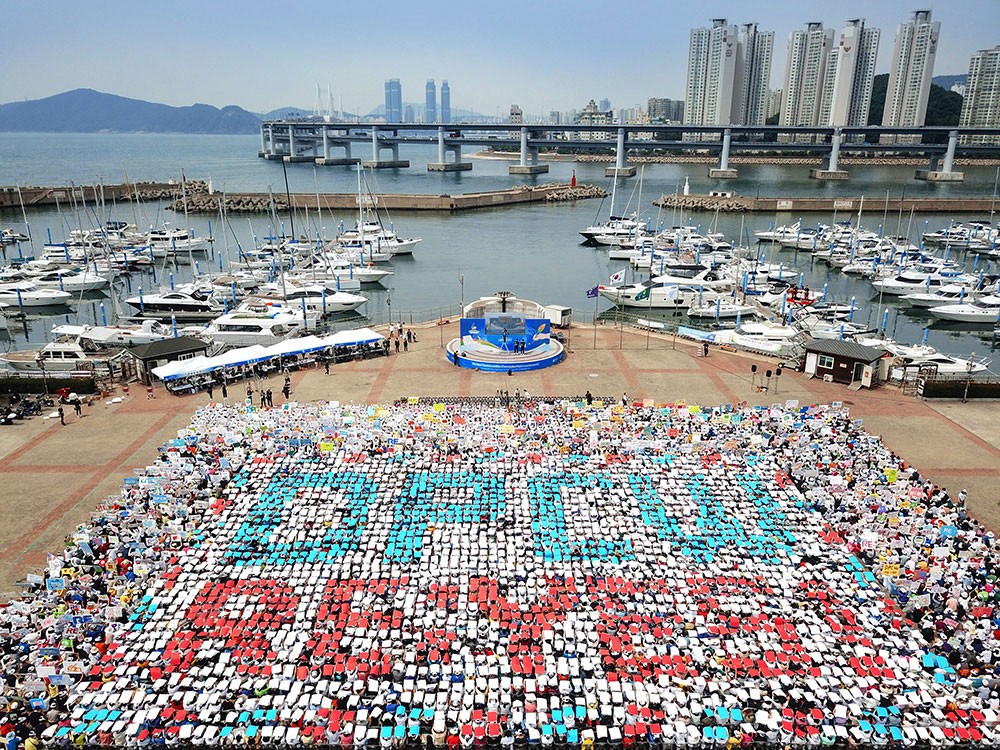
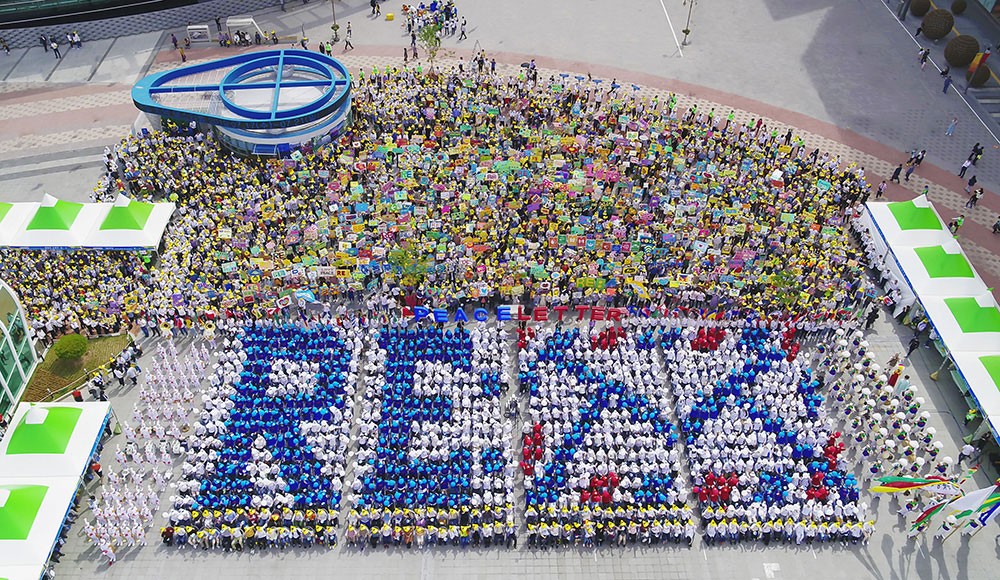
![A STEP TOWARDS PEACE Zollverein Taipei 101 Sydney Simon Bolivar RE_Peaceletter Reply Peacewalk Peace Letter Opera House Manheelee Jack Poole Plaza IWPG IPYG HWPL Peace Letter HWPL Guatemala El Salvador DPCW Camps Bay California Buckingham Palace Bo-Kaap Australia Arlene Schnitzer Concert Hall Angel Stadium A STEP TOWARDS PEACE [D-day] 6th HWPL Peace Walk, World’s Supports for the DPCW Zollverein Taipei 101 Sydney Simon Bolivar RE_Peaceletter Reply Peacewalk Peace Letter Opera House Manheelee Jack Poole Plaza IWPG IPYG HWPL Peace Letter HWPL Guatemala El Salvador DPCW Camps Bay California Buckingham Palace Bo-Kaap Australia Arlene Schnitzer Concert Hall Angel Stadium](http://www.peacestep.com/wp-content/uploads/2019/05/Buckingham-Palace_United-Kingdom_hwpl-peace-walk-1024x1024.jpg)
![A STEP TOWARDS PEACE Zollverein Taipei 101 Sydney Simon Bolivar RE_Peaceletter Reply Peacewalk Peace Letter Opera House Manheelee Jack Poole Plaza IWPG IPYG HWPL Peace Letter HWPL Guatemala El Salvador DPCW Camps Bay California Buckingham Palace Bo-Kaap Australia Arlene Schnitzer Concert Hall Angel Stadium A STEP TOWARDS PEACE [D-day] 6th HWPL Peace Walk, World’s Supports for the DPCW Zollverein Taipei 101 Sydney Simon Bolivar RE_Peaceletter Reply Peacewalk Peace Letter Opera House Manheelee Jack Poole Plaza IWPG IPYG HWPL Peace Letter HWPL Guatemala El Salvador DPCW Camps Bay California Buckingham Palace Bo-Kaap Australia Arlene Schnitzer Concert Hall Angel Stadium](http://www.peacestep.com/wp-content/uploads/2019/05/hwpl-peace-walk-peace-letter-manheelee-1024x512.jpg)
![A STEP TOWARDS PEACE Zollverein Taipei 101 Sydney Simon Bolivar RE_Peaceletter Reply Peacewalk Peace Letter Opera House Manheelee Jack Poole Plaza IWPG IPYG HWPL Peace Letter HWPL Guatemala El Salvador DPCW Camps Bay California Buckingham Palace Bo-Kaap Australia Arlene Schnitzer Concert Hall Angel Stadium A STEP TOWARDS PEACE [D-day] 6th HWPL Peace Walk, World’s Supports for the DPCW Zollverein Taipei 101 Sydney Simon Bolivar RE_Peaceletter Reply Peacewalk Peace Letter Opera House Manheelee Jack Poole Plaza IWPG IPYG HWPL Peace Letter HWPL Guatemala El Salvador DPCW Camps Bay California Buckingham Palace Bo-Kaap Australia Arlene Schnitzer Concert Hall Angel Stadium](http://www.peacestep.com/wp-content/uploads/2019/05/hwpl-peace-walk-peace-letter-manheelee2-1024x768.jpg)
![A STEP TOWARDS PEACE Zollverein Taipei 101 Sydney Simon Bolivar RE_Peaceletter Reply Peacewalk Peace Letter Opera House Manheelee Jack Poole Plaza IWPG IPYG HWPL Peace Letter HWPL Guatemala El Salvador DPCW Camps Bay California Buckingham Palace Bo-Kaap Australia Arlene Schnitzer Concert Hall Angel Stadium A STEP TOWARDS PEACE [D-day] 6th HWPL Peace Walk, World’s Supports for the DPCW Zollverein Taipei 101 Sydney Simon Bolivar RE_Peaceletter Reply Peacewalk Peace Letter Opera House Manheelee Jack Poole Plaza IWPG IPYG HWPL Peace Letter HWPL Guatemala El Salvador DPCW Camps Bay California Buckingham Palace Bo-Kaap Australia Arlene Schnitzer Concert Hall Angel Stadium](http://www.peacestep.com/wp-content/uploads/2019/05/Downtown_LA_hwpl-peace-walk-1024x737.jpg)
![A STEP TOWARDS PEACE Zollverein Taipei 101 Sydney Simon Bolivar RE_Peaceletter Reply Peacewalk Peace Letter Opera House Manheelee Jack Poole Plaza IWPG IPYG HWPL Peace Letter HWPL Guatemala El Salvador DPCW Camps Bay California Buckingham Palace Bo-Kaap Australia Arlene Schnitzer Concert Hall Angel Stadium A STEP TOWARDS PEACE [D-day] 6th HWPL Peace Walk, World’s Supports for the DPCW Zollverein Taipei 101 Sydney Simon Bolivar RE_Peaceletter Reply Peacewalk Peace Letter Opera House Manheelee Jack Poole Plaza IWPG IPYG HWPL Peace Letter HWPL Guatemala El Salvador DPCW Camps Bay California Buckingham Palace Bo-Kaap Australia Arlene Schnitzer Concert Hall Angel Stadium](http://www.peacestep.com/wp-content/uploads/2019/05/Eskimo_statue_Alaska_hwpl-peace-walk-1024x768.jpeg)
![A STEP TOWARDS PEACE Zollverein Taipei 101 Sydney Simon Bolivar RE_Peaceletter Reply Peacewalk Peace Letter Opera House Manheelee Jack Poole Plaza IWPG IPYG HWPL Peace Letter HWPL Guatemala El Salvador DPCW Camps Bay California Buckingham Palace Bo-Kaap Australia Arlene Schnitzer Concert Hall Angel Stadium A STEP TOWARDS PEACE [D-day] 6th HWPL Peace Walk, World’s Supports for the DPCW Zollverein Taipei 101 Sydney Simon Bolivar RE_Peaceletter Reply Peacewalk Peace Letter Opera House Manheelee Jack Poole Plaza IWPG IPYG HWPL Peace Letter HWPL Guatemala El Salvador DPCW Camps Bay California Buckingham Palace Bo-Kaap Australia Arlene Schnitzer Concert Hall Angel Stadium](http://www.peacestep.com/wp-content/uploads/2019/05/Angel-Stadium_Anaheim_hwpl-peace-walk-1024x767.jpg)
![A STEP TOWARDS PEACE Zollverein Taipei 101 Sydney Simon Bolivar RE_Peaceletter Reply Peacewalk Peace Letter Opera House Manheelee Jack Poole Plaza IWPG IPYG HWPL Peace Letter HWPL Guatemala El Salvador DPCW Camps Bay California Buckingham Palace Bo-Kaap Australia Arlene Schnitzer Concert Hall Angel Stadium A STEP TOWARDS PEACE [D-day] 6th HWPL Peace Walk, World’s Supports for the DPCW Zollverein Taipei 101 Sydney Simon Bolivar RE_Peaceletter Reply Peacewalk Peace Letter Opera House Manheelee Jack Poole Plaza IWPG IPYG HWPL Peace Letter HWPL Guatemala El Salvador DPCW Camps Bay California Buckingham Palace Bo-Kaap Australia Arlene Schnitzer Concert Hall Angel Stadium](http://www.peacestep.com/wp-content/uploads/2019/05/Monumento-a-Simon-Bolivar_Ave-Las-Américas_Guatemala_hwpl-peace-walk-1024x576.jpg)
![A STEP TOWARDS PEACE Zollverein Taipei 101 Sydney Simon Bolivar RE_Peaceletter Reply Peacewalk Peace Letter Opera House Manheelee Jack Poole Plaza IWPG IPYG HWPL Peace Letter HWPL Guatemala El Salvador DPCW Camps Bay California Buckingham Palace Bo-Kaap Australia Arlene Schnitzer Concert Hall Angel Stadium A STEP TOWARDS PEACE [D-day] 6th HWPL Peace Walk, World’s Supports for the DPCW Zollverein Taipei 101 Sydney Simon Bolivar RE_Peaceletter Reply Peacewalk Peace Letter Opera House Manheelee Jack Poole Plaza IWPG IPYG HWPL Peace Letter HWPL Guatemala El Salvador DPCW Camps Bay California Buckingham Palace Bo-Kaap Australia Arlene Schnitzer Concert Hall Angel Stadium](http://www.peacestep.com/wp-content/uploads/2019/05/Houston-City-Hall_Texas_hwpl-peace-walk.jpg)
![A STEP TOWARDS PEACE Zollverein Taipei 101 Sydney Simon Bolivar RE_Peaceletter Reply Peacewalk Peace Letter Opera House Manheelee Jack Poole Plaza IWPG IPYG HWPL Peace Letter HWPL Guatemala El Salvador DPCW Camps Bay California Buckingham Palace Bo-Kaap Australia Arlene Schnitzer Concert Hall Angel Stadium A STEP TOWARDS PEACE [D-day] 6th HWPL Peace Walk, World’s Supports for the DPCW Zollverein Taipei 101 Sydney Simon Bolivar RE_Peaceletter Reply Peacewalk Peace Letter Opera House Manheelee Jack Poole Plaza IWPG IPYG HWPL Peace Letter HWPL Guatemala El Salvador DPCW Camps Bay California Buckingham Palace Bo-Kaap Australia Arlene Schnitzer Concert Hall Angel Stadium](http://www.peacestep.com/wp-content/uploads/2019/05/Chorrillos-District_Lima_Peru_hwpl-peace-walk-1024x768.jpg)
![A STEP TOWARDS PEACE Zollverein Taipei 101 Sydney Simon Bolivar RE_Peaceletter Reply Peacewalk Peace Letter Opera House Manheelee Jack Poole Plaza IWPG IPYG HWPL Peace Letter HWPL Guatemala El Salvador DPCW Camps Bay California Buckingham Palace Bo-Kaap Australia Arlene Schnitzer Concert Hall Angel Stadium A STEP TOWARDS PEACE [D-day] 6th HWPL Peace Walk, World’s Supports for the DPCW Zollverein Taipei 101 Sydney Simon Bolivar RE_Peaceletter Reply Peacewalk Peace Letter Opera House Manheelee Jack Poole Plaza IWPG IPYG HWPL Peace Letter HWPL Guatemala El Salvador DPCW Camps Bay California Buckingham Palace Bo-Kaap Australia Arlene Schnitzer Concert Hall Angel Stadium](http://www.peacestep.com/wp-content/uploads/2019/05/University-of-Hawaii-at-Manoa_Honolulu_hwpl-peace-walk-1024x767.jpg)
![A STEP TOWARDS PEACE Zollverein Taipei 101 Sydney Simon Bolivar RE_Peaceletter Reply Peacewalk Peace Letter Opera House Manheelee Jack Poole Plaza IWPG IPYG HWPL Peace Letter HWPL Guatemala El Salvador DPCW Camps Bay California Buckingham Palace Bo-Kaap Australia Arlene Schnitzer Concert Hall Angel Stadium A STEP TOWARDS PEACE [D-day] 6th HWPL Peace Walk, World’s Supports for the DPCW Zollverein Taipei 101 Sydney Simon Bolivar RE_Peaceletter Reply Peacewalk Peace Letter Opera House Manheelee Jack Poole Plaza IWPG IPYG HWPL Peace Letter HWPL Guatemala El Salvador DPCW Camps Bay California Buckingham Palace Bo-Kaap Australia Arlene Schnitzer Concert Hall Angel Stadium](http://www.peacestep.com/wp-content/uploads/2019/05/Opera-House_Sydney_Australia_hwpl-peace-walk-768x1024.jpg)
![A STEP TOWARDS PEACE Zollverein Taipei 101 Sydney Simon Bolivar RE_Peaceletter Reply Peacewalk Peace Letter Opera House Manheelee Jack Poole Plaza IWPG IPYG HWPL Peace Letter HWPL Guatemala El Salvador DPCW Camps Bay California Buckingham Palace Bo-Kaap Australia Arlene Schnitzer Concert Hall Angel Stadium A STEP TOWARDS PEACE [D-day] 6th HWPL Peace Walk, World’s Supports for the DPCW Zollverein Taipei 101 Sydney Simon Bolivar RE_Peaceletter Reply Peacewalk Peace Letter Opera House Manheelee Jack Poole Plaza IWPG IPYG HWPL Peace Letter HWPL Guatemala El Salvador DPCW Camps Bay California Buckingham Palace Bo-Kaap Australia Arlene Schnitzer Concert Hall Angel Stadium](http://www.peacestep.com/wp-content/uploads/2019/05/Osaka-Castle_Japan_hwpl-peace-walk-1024x768.jpg)
![A STEP TOWARDS PEACE Zollverein Taipei 101 Sydney Simon Bolivar RE_Peaceletter Reply Peacewalk Peace Letter Opera House Manheelee Jack Poole Plaza IWPG IPYG HWPL Peace Letter HWPL Guatemala El Salvador DPCW Camps Bay California Buckingham Palace Bo-Kaap Australia Arlene Schnitzer Concert Hall Angel Stadium A STEP TOWARDS PEACE [D-day] 6th HWPL Peace Walk, World’s Supports for the DPCW Zollverein Taipei 101 Sydney Simon Bolivar RE_Peaceletter Reply Peacewalk Peace Letter Opera House Manheelee Jack Poole Plaza IWPG IPYG HWPL Peace Letter HWPL Guatemala El Salvador DPCW Camps Bay California Buckingham Palace Bo-Kaap Australia Arlene Schnitzer Concert Hall Angel Stadium](http://www.peacestep.com/wp-content/uploads/2019/05/Arlene-Schnitzer-Concert-Hall_Portland_hwpl-peace-walk-767x1024.jpg)
![A STEP TOWARDS PEACE Zollverein Taipei 101 Sydney Simon Bolivar RE_Peaceletter Reply Peacewalk Peace Letter Opera House Manheelee Jack Poole Plaza IWPG IPYG HWPL Peace Letter HWPL Guatemala El Salvador DPCW Camps Bay California Buckingham Palace Bo-Kaap Australia Arlene Schnitzer Concert Hall Angel Stadium A STEP TOWARDS PEACE [D-day] 6th HWPL Peace Walk, World’s Supports for the DPCW Zollverein Taipei 101 Sydney Simon Bolivar RE_Peaceletter Reply Peacewalk Peace Letter Opera House Manheelee Jack Poole Plaza IWPG IPYG HWPL Peace Letter HWPL Guatemala El Salvador DPCW Camps Bay California Buckingham Palace Bo-Kaap Australia Arlene Schnitzer Concert Hall Angel Stadium](http://www.peacestep.com/wp-content/uploads/2019/05/Del-Monte-Ave_Quezon-City_Philippines_hwpl-peace-walk-1024x512.jpg)
![A STEP TOWARDS PEACE Zollverein Taipei 101 Sydney Simon Bolivar RE_Peaceletter Reply Peacewalk Peace Letter Opera House Manheelee Jack Poole Plaza IWPG IPYG HWPL Peace Letter HWPL Guatemala El Salvador DPCW Camps Bay California Buckingham Palace Bo-Kaap Australia Arlene Schnitzer Concert Hall Angel Stadium A STEP TOWARDS PEACE [D-day] 6th HWPL Peace Walk, World’s Supports for the DPCW Zollverein Taipei 101 Sydney Simon Bolivar RE_Peaceletter Reply Peacewalk Peace Letter Opera House Manheelee Jack Poole Plaza IWPG IPYG HWPL Peace Letter HWPL Guatemala El Salvador DPCW Camps Bay California Buckingham Palace Bo-Kaap Australia Arlene Schnitzer Concert Hall Angel Stadium](http://www.peacestep.com/wp-content/uploads/2019/05/California-State-Capitol-Museum_Sacramento_hwpl-peace-walk-1024x683.jpg)
![A STEP TOWARDS PEACE Zollverein Taipei 101 Sydney Simon Bolivar RE_Peaceletter Reply Peacewalk Peace Letter Opera House Manheelee Jack Poole Plaza IWPG IPYG HWPL Peace Letter HWPL Guatemala El Salvador DPCW Camps Bay California Buckingham Palace Bo-Kaap Australia Arlene Schnitzer Concert Hall Angel Stadium A STEP TOWARDS PEACE [D-day] 6th HWPL Peace Walk, World’s Supports for the DPCW Zollverein Taipei 101 Sydney Simon Bolivar RE_Peaceletter Reply Peacewalk Peace Letter Opera House Manheelee Jack Poole Plaza IWPG IPYG HWPL Peace Letter HWPL Guatemala El Salvador DPCW Camps Bay California Buckingham Palace Bo-Kaap Australia Arlene Schnitzer Concert Hall Angel Stadium](http://www.peacestep.com/wp-content/uploads/2019/05/El-Salvador-del-Mundo_San-Salvador-City_El-Salvador_hwpl-peace-walk-1024x576.jpg)
![A STEP TOWARDS PEACE Zollverein Taipei 101 Sydney Simon Bolivar RE_Peaceletter Reply Peacewalk Peace Letter Opera House Manheelee Jack Poole Plaza IWPG IPYG HWPL Peace Letter HWPL Guatemala El Salvador DPCW Camps Bay California Buckingham Palace Bo-Kaap Australia Arlene Schnitzer Concert Hall Angel Stadium A STEP TOWARDS PEACE [D-day] 6th HWPL Peace Walk, World’s Supports for the DPCW Zollverein Taipei 101 Sydney Simon Bolivar RE_Peaceletter Reply Peacewalk Peace Letter Opera House Manheelee Jack Poole Plaza IWPG IPYG HWPL Peace Letter HWPL Guatemala El Salvador DPCW Camps Bay California Buckingham Palace Bo-Kaap Australia Arlene Schnitzer Concert Hall Angel Stadium](http://www.peacestep.com/wp-content/uploads/2019/05/Mission-San-Luis-Rey_San-Diego_hwpl-peace-walk-1024x768.jpg)
![A STEP TOWARDS PEACE Zollverein Taipei 101 Sydney Simon Bolivar RE_Peaceletter Reply Peacewalk Peace Letter Opera House Manheelee Jack Poole Plaza IWPG IPYG HWPL Peace Letter HWPL Guatemala El Salvador DPCW Camps Bay California Buckingham Palace Bo-Kaap Australia Arlene Schnitzer Concert Hall Angel Stadium A STEP TOWARDS PEACE [D-day] 6th HWPL Peace Walk, World’s Supports for the DPCW Zollverein Taipei 101 Sydney Simon Bolivar RE_Peaceletter Reply Peacewalk Peace Letter Opera House Manheelee Jack Poole Plaza IWPG IPYG HWPL Peace Letter HWPL Guatemala El Salvador DPCW Camps Bay California Buckingham Palace Bo-Kaap Australia Arlene Schnitzer Concert Hall Angel Stadium](http://www.peacestep.com/wp-content/uploads/2019/05/Seattle-Center_Seattle_Washington_hwpl-peace-walk-767x1024.jpg)
![A STEP TOWARDS PEACE Zollverein Taipei 101 Sydney Simon Bolivar RE_Peaceletter Reply Peacewalk Peace Letter Opera House Manheelee Jack Poole Plaza IWPG IPYG HWPL Peace Letter HWPL Guatemala El Salvador DPCW Camps Bay California Buckingham Palace Bo-Kaap Australia Arlene Schnitzer Concert Hall Angel Stadium A STEP TOWARDS PEACE [D-day] 6th HWPL Peace Walk, World’s Supports for the DPCW Zollverein Taipei 101 Sydney Simon Bolivar RE_Peaceletter Reply Peacewalk Peace Letter Opera House Manheelee Jack Poole Plaza IWPG IPYG HWPL Peace Letter HWPL Guatemala El Salvador DPCW Camps Bay California Buckingham Palace Bo-Kaap Australia Arlene Schnitzer Concert Hall Angel Stadium](http://www.peacestep.com/wp-content/uploads/2019/05/Taipei-101_Taipei_Taiwan_hwpl-peace-walk-1024x682.jpg)
![A STEP TOWARDS PEACE Zollverein Taipei 101 Sydney Simon Bolivar RE_Peaceletter Reply Peacewalk Peace Letter Opera House Manheelee Jack Poole Plaza IWPG IPYG HWPL Peace Letter HWPL Guatemala El Salvador DPCW Camps Bay California Buckingham Palace Bo-Kaap Australia Arlene Schnitzer Concert Hall Angel Stadium A STEP TOWARDS PEACE [D-day] 6th HWPL Peace Walk, World’s Supports for the DPCW Zollverein Taipei 101 Sydney Simon Bolivar RE_Peaceletter Reply Peacewalk Peace Letter Opera House Manheelee Jack Poole Plaza IWPG IPYG HWPL Peace Letter HWPL Guatemala El Salvador DPCW Camps Bay California Buckingham Palace Bo-Kaap Australia Arlene Schnitzer Concert Hall Angel Stadium](http://www.peacestep.com/wp-content/uploads/2019/05/Arco-de-la-Avenida-Revolucion_Tijuana_Mexico_hwpl-peace-wallk-1024x768.jpg)
![A STEP TOWARDS PEACE Zollverein Taipei 101 Sydney Simon Bolivar RE_Peaceletter Reply Peacewalk Peace Letter Opera House Manheelee Jack Poole Plaza IWPG IPYG HWPL Peace Letter HWPL Guatemala El Salvador DPCW Camps Bay California Buckingham Palace Bo-Kaap Australia Arlene Schnitzer Concert Hall Angel Stadium A STEP TOWARDS PEACE [D-day] 6th HWPL Peace Walk, World’s Supports for the DPCW Zollverein Taipei 101 Sydney Simon Bolivar RE_Peaceletter Reply Peacewalk Peace Letter Opera House Manheelee Jack Poole Plaza IWPG IPYG HWPL Peace Letter HWPL Guatemala El Salvador DPCW Camps Bay California Buckingham Palace Bo-Kaap Australia Arlene Schnitzer Concert Hall Angel Stadium](http://www.peacestep.com/wp-content/uploads/2019/05/Jack-Poole-Plaza_Olympic-Cauldron_Vancouver_Canada_hwpl-peace-walk-1024x768.jpg)
![A STEP TOWARDS PEACE Zollverein Taipei 101 Sydney Simon Bolivar RE_Peaceletter Reply Peacewalk Peace Letter Opera House Manheelee Jack Poole Plaza IWPG IPYG HWPL Peace Letter HWPL Guatemala El Salvador DPCW Camps Bay California Buckingham Palace Bo-Kaap Australia Arlene Schnitzer Concert Hall Angel Stadium A STEP TOWARDS PEACE [D-day] 6th HWPL Peace Walk, World’s Supports for the DPCW Zollverein Taipei 101 Sydney Simon Bolivar RE_Peaceletter Reply Peacewalk Peace Letter Opera House Manheelee Jack Poole Plaza IWPG IPYG HWPL Peace Letter HWPL Guatemala El Salvador DPCW Camps Bay California Buckingham Palace Bo-Kaap Australia Arlene Schnitzer Concert Hall Angel Stadium](http://www.peacestep.com/wp-content/uploads/2019/05/Downtown-Yakima_Washington_hwpl-peace-walk-768x1024.jpg)
![A STEP TOWARDS PEACE Zollverein Taipei 101 Sydney Simon Bolivar RE_Peaceletter Reply Peacewalk Peace Letter Opera House Manheelee Jack Poole Plaza IWPG IPYG HWPL Peace Letter HWPL Guatemala El Salvador DPCW Camps Bay California Buckingham Palace Bo-Kaap Australia Arlene Schnitzer Concert Hall Angel Stadium A STEP TOWARDS PEACE [D-day] 6th HWPL Peace Walk, World’s Supports for the DPCW Zollverein Taipei 101 Sydney Simon Bolivar RE_Peaceletter Reply Peacewalk Peace Letter Opera House Manheelee Jack Poole Plaza IWPG IPYG HWPL Peace Letter HWPL Guatemala El Salvador DPCW Camps Bay California Buckingham Palace Bo-Kaap Australia Arlene Schnitzer Concert Hall Angel Stadium](http://www.peacestep.com/wp-content/uploads/2019/05/Zollverein-Coal-Mine-Industrial-Complex_Essen_Germany_hwpl-peace-walk-1024x683.jpg)
![A STEP TOWARDS PEACE Zollverein Taipei 101 Sydney Simon Bolivar RE_Peaceletter Reply Peacewalk Peace Letter Opera House Manheelee Jack Poole Plaza IWPG IPYG HWPL Peace Letter HWPL Guatemala El Salvador DPCW Camps Bay California Buckingham Palace Bo-Kaap Australia Arlene Schnitzer Concert Hall Angel Stadium A STEP TOWARDS PEACE [D-day] 6th HWPL Peace Walk, World’s Supports for the DPCW Zollverein Taipei 101 Sydney Simon Bolivar RE_Peaceletter Reply Peacewalk Peace Letter Opera House Manheelee Jack Poole Plaza IWPG IPYG HWPL Peace Letter HWPL Guatemala El Salvador DPCW Camps Bay California Buckingham Palace Bo-Kaap Australia Arlene Schnitzer Concert Hall Angel Stadium](http://www.peacestep.com/wp-content/uploads/2019/05/Bo-Kaap_Cape-Town_Republic-of-South-Africa_hwpl-peace-walk-1024x683.jpg)
![A STEP TOWARDS PEACE Zollverein Taipei 101 Sydney Simon Bolivar RE_Peaceletter Reply Peacewalk Peace Letter Opera House Manheelee Jack Poole Plaza IWPG IPYG HWPL Peace Letter HWPL Guatemala El Salvador DPCW Camps Bay California Buckingham Palace Bo-Kaap Australia Arlene Schnitzer Concert Hall Angel Stadium A STEP TOWARDS PEACE [D-day] 6th HWPL Peace Walk, World’s Supports for the DPCW Zollverein Taipei 101 Sydney Simon Bolivar RE_Peaceletter Reply Peacewalk Peace Letter Opera House Manheelee Jack Poole Plaza IWPG IPYG HWPL Peace Letter HWPL Guatemala El Salvador DPCW Camps Bay California Buckingham Palace Bo-Kaap Australia Arlene Schnitzer Concert Hall Angel Stadium](http://www.peacestep.com/wp-content/uploads/2019/05/Camps-bay_Republic-of-South-Africa_hwpl-peace-walk-1024x1024.jpg)